"Which Vitamin C Serum Is Best for Your Face?" An Honest, No-Hype Guide
Let's be real. If you’ve spent more than five minutes on any skincare blog, Instagram feed, or (heaven forbid) a late-night internet rabbit hole, you’ve been told you need a vitamin C serum.
It’s the "desert-island" product for dermatologists. It’s the "magic-in-a-bottle" for beauty editors. It promises a brighter skin tone, a healthy glow, and the antioxidant protection of a tiny, invisible superhero.
But here’s the problem.
Walk into any store, and you’re faced with a wall of options. Some are $20, some are $200. Some are milky, some are watery. Some have that weird "hot dog water" smell (if you know, you know). And every single one claims to be the best vitamin C serum on the planet.
So, which vitamin c serum is best for face... your face?
As someone who has tried, tested, and obsessed over these formulations, let’s cut through the noise. This isn't just about finding a good product; it's about finding the right one for your unique skin type and skin concerns.

The Big "Why": What Does Vitamin C Actually Do?
Before we spend your hard-earned money, what’s the big deal? Why is topical vitamin C so revered?
It’s not just hype. A good c serum is a non-negotiable in my daily skin care routine for three main reasons:
-
It’s a Shield (Powerful Antioxidant Protection): Your skin is under constant attack. I'm talking UV rays, pollution, and blue light. This creates "free radicals" (think of them as tiny vandals) that cause premature aging, collagen breakdown, and a dull skin tone. Vitamin C is a potent antioxidant that neutralizes these vandals before they can do their damage.
-
It’s a Brightener (Hello, Glow!): This is the benefit you can see. Vitamin C is a champ at inhibiting melanin production. In plain English? It fades dark spots, post-acne marks, and hyperpigmentation, leading to a more even skin tone and that elusive, lit-from-within glow.
-
It’s a Builder (Collagen’s Best Friend): Collagen is the protein that keeps your skin looking plump and firm. As we age, production slows down (cue the sad trombone). Topical vitamin C is one of the few ingredients clinically proven to boost collagen production, which improves skin firmness and helps soften the look of fine lines.
The "Geeky" Part: Not All Vitamin C Is Created Equal
This is the single most important thing to understand. The type of vitamin C in that bottle determines everything: its power, its stability, and whether your skin will love it or hate it.
You’ll see a lot of different names in the ingredient list. Let's decode the main players.
The "Gold Standard" Diva: L-Ascorbic Acid (LAA)
-
Keywords: L Ascorbic Acid, Pure Vitamin C, Pure L Ascorbic Acid
-
The Deal: This is the most researched, most potent, and most biologically active form of vitamin C. When you want serious, fast results, this is your guy. It’s the star ingredient in many dermatologist recommended vitamin C products.
-
The Catch: LAA is a total diva. It’s notoriously unstable. It hates light, air, and water. When it "goes bad" (oxidizes), it turns brown and becomes useless, or worse, can even cause skin irritation. It's also very acidic, so it can be a lot for sensitive skin.
The "Stable, Gentle Cousins": The Derivatives
Because LAA is so finicky, formulators created more stable, gentler versions. These are fantastic options, especially if you have fussy skin.
-
Sodium Ascorbyl Phosphate (SAP): This one is my top pick for acne prone skin! It’s not just gentler; it’s actually been shown to have anti-microbial properties that can help with breakouts while also fading acne scars.
-
Magnesium Ascorbyl Phosphate (MAP): This is another all-star for sensitive skin. It's less potent than LAA, sure, but it’s incredibly stable and hydrating. It delivers brightening benefits without the sting.
-
Ethyl Ascorbic Acid (EAC): This is a newer-generation star. It’s a super-stable molecule that is close in potency to pure LAA but without the irritation. It's a fantastic, high-tech option.
-
And others... (like Ascorbyl Glucoside, THD Ascorbate). The key takeaway? "Derivative" doesn't mean "worse." It means "different," and often, "smarter" for a specific skin type.

The Power Couples: What Makes a Great Serum?
A vitamin C serum is rarely just vitamin C. The best ones are a team effort. Look for these supporting active ingredients:
-
Vitamin E & Ferulic Acid: This is the Holy Trinity. Vitamin E and Ferulic Acid are antioxidants themselves, but when combined with Vitamin C, they do something magical. They supercharge the antioxidant protection (we're talking 4x to 8x, according to some studies) and, most importantly, they help stabilize the finicky L-Ascorbic Acid. This is the magic behind the ultra-famous (and ultra-expensive) Skinceuticals C E Ferulic serum. If you see a ferulic acid serum with C and E, you know it's a serious formulation.
-
Hyaluronic Acid: You know this one. It’s the "big gulp" of water for your skin. While Vitamin C works on brightness and protection, Hyaluronic Acid provides moisturizing properties, plumping the skin and keeping it skin hydrated. This is especially crucial in an acid serum, as it helps buffer against any potential dryness or irritation.
My Playbook: Choosing the Best Vitamin C Serum for YOUR Skin Type
Okay, here’s the practical guide. Forget "the best." Let's find your best.
For Oily Skin & Acne-Prone Skin:
-
Your Goal: Brighten acne scars, control oil, and not cause new breakouts.
-
Look For: A lightweight, non-greasy face serum that absorbs quickly and doesn't leave a sticky residue. As mentioned, Sodium Ascorbyl Phosphate (SAP) is your BFF. Some formulations even combine vitamin C with Salicylic Acid to help unclog pores and improve skin texture simultaneously. Avoid heavy vitamin c creams.
For Dry Skin & Mature Skin:
-
Your Goal: Brightness, plus serious hydration and firming.
-
Look For: Creamier textures or serums packed with hydrators. Look for Hyaluronic Acid, Vitamin E, and peptides in the formula. This is where a derivative like Ethyl Ascorbic Acid or THD Ascorbate shines, as they are often more hydrating than LAA. This is your fast track to improving skin firmness and tackling skin aging.
For Sensitive Skin, Very Sensitive Skin, & Reactive Skin:
-
Your Goal: Get the glow, but without the redness, stinging, or irritation.
-
Look For: Derivatives, derivatives, derivatives. Magnesium Ascorbyl Phosphate (MAP) or Sodium Ascorbyl Phosphate (SAP) are your safest bets. You should also look for formulas buffered with soothing ingredients like Aloe Vera, Centella Asiatica, or Niacinamide. Start slow (2-3 times a week) and always, always patch test.
For Normal Skin & Combination Skin:
-
Your Goal: All of the above! Protection, brightness, and maintenance.
-
The Deal: You’re lucky—you can experiment. You can likely tolerate a 10-15% L Ascorbic Acid serum (especially one stabilized with ferulic acid). Or, you can opt for a high-tech derivative for a more elegant, irritation-free experience.
A Formulation Spotlight: The "Smart" Serum Approach
I've tested a lot of vitamin C products, from cult classics to new indie brands. And while the big names are great, I'm increasingly impressed by "smarter" formulas that combine actives for a multi-pronged approach.
This is where I've been really impressed by Ning Dermologie and their philosophy. Take their Vitamin C Serum as a perfect example of this "smart" formulation.
Instead of just hitting you with harsh, pure l ascorbic acid, it uses Ethyl Ascorbic Acid—that stable, potent, and gentle-on-the-skin hero I mentioned. But they didn't stop there. They paired it with Niacinamide.
This is a genius-level combo.
The Ethyl Ascorbic Acid works on brightening effects and fading dark spots. The Niacinamide (Vitamin B3) works alongside it to refine pore size, calm redness, and improve overall skin tone. It's a one-two punch that tackles dullness and texture without the high risk of skin irritation that many acid serum products have. This is the kind of vitamin C formulation I genuinely get excited about because it’s built for real, modern skin concerns—especially for those of us who have sensitive skin but still want powerful results.
How to Use Your Vitamin C Serum (And Not Mess It Up)
You’ve found your perfect serum. Now what? Your skincare routine matters.
-
Morning is Best: Use it in the AM. Why? Because its antioxidant protection acts as a second layer of defense (after your sunscreen) against daytime free radical damage.
-
The Order:
-
Step 1: Cleanse your face.
-
Step 2: Pat skin dry. (Some serums apply better to damp skin, but most C serums, especially LAA, prefer dry).
-
Step 3: Apply your C serum. A few drops is all you need. Press it into the skin.
-
Step 4: Wait! Let it absorb quickly for a minute.
-
Step 5: Apply your other serums, moisturizer (one with moisturizing properties like hyaluronic acid is perfect), and...
-
-
The NON-NEGOTIABLE: You must follow with a broad spectrum sunscreen of at least SPF 30. No, your moisturizer with SPF 15 is not enough. Using topical vitamin C can make your skin more photosensitive. Using it without sun protection is like taking one step forward and three steps back.

Final Thoughts: The "Best" Serum is the One You'll Use
We've covered a lot—from L-Ascorbic Acid vs. sodium ascorbyl phosphate to popular brands like La Roche Posay Vitamin C (a great mid-range option) or TruSkin Vitamin C (a crowd-pleaser on Amazon, though check for plant allergies if you're sensitive).
But at the end of the day, the best vitamin c serum isn't the most expensive one from Skinceuticals. It isn't the one with the highest percentage, and it isn't even the Ning Dermologie serum I'm loving right now.
The best vitamin c product for your face is the one that your skin type tolerates and that you will actually use consistently.
Finding it might take a little trial and error. But when you find that right formula—the one that makes your skin feel smoother, look brighter, and gives you that youthful appearance—it’s worth every bit of the hunt. This is the foundation of a timeless skin care routine that truly works.
Happy glowing.


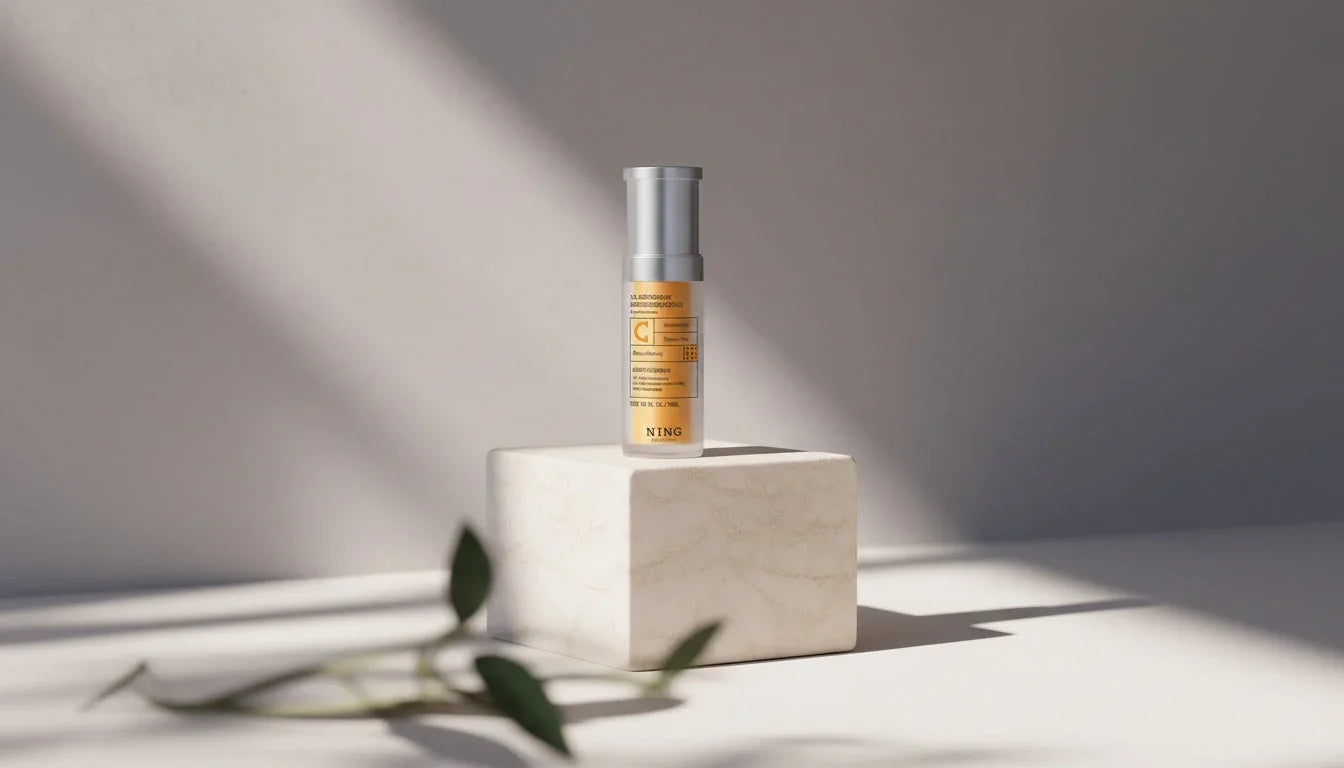

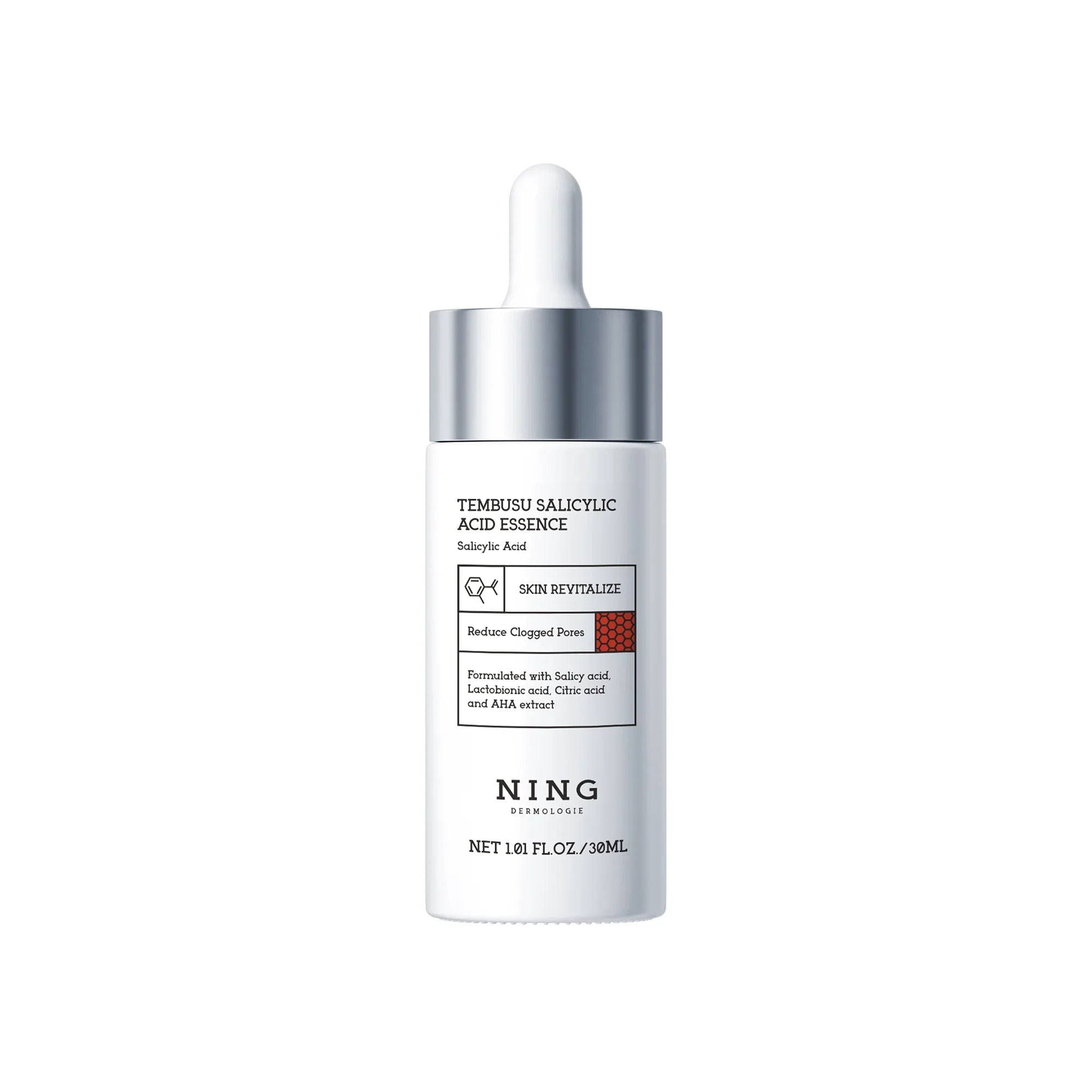
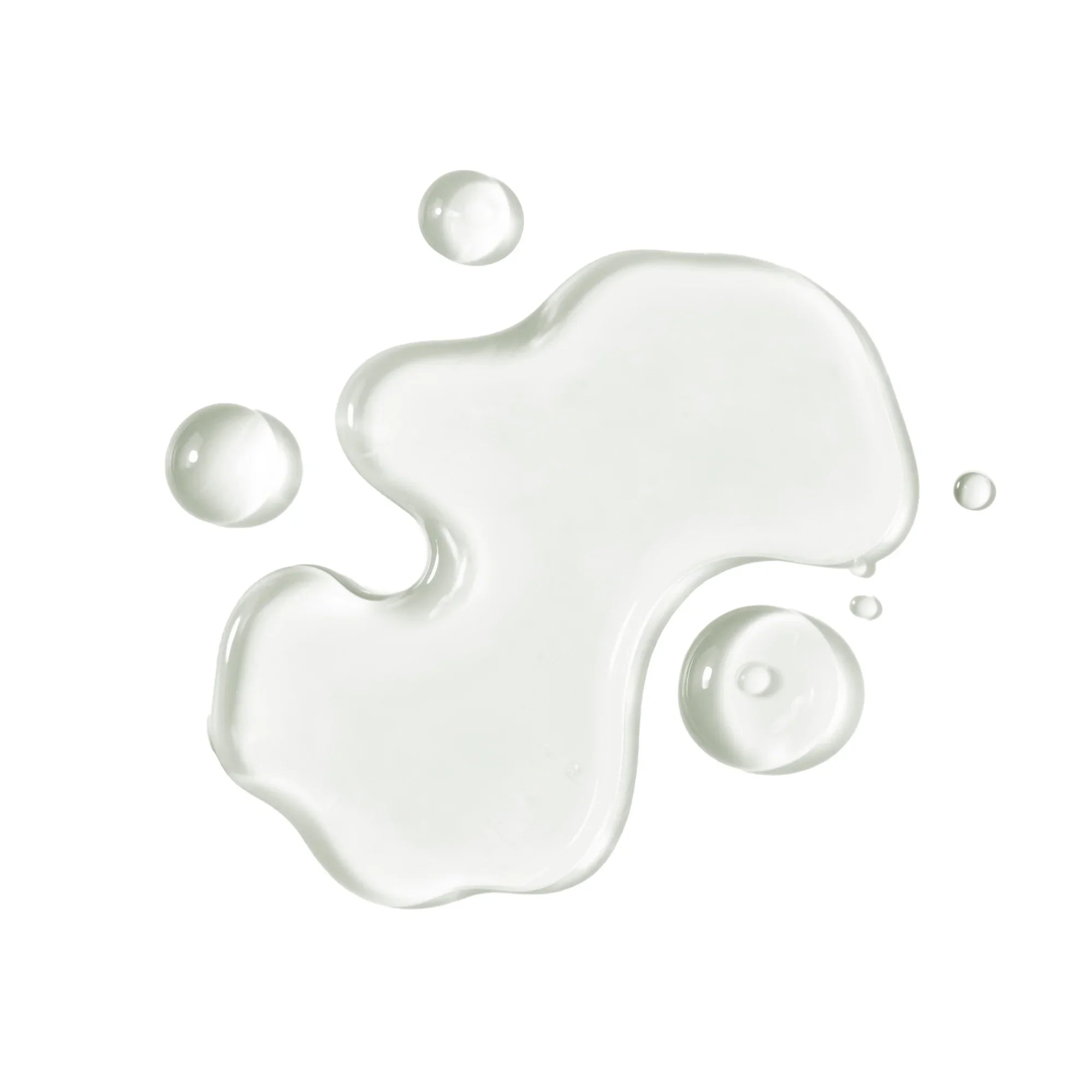
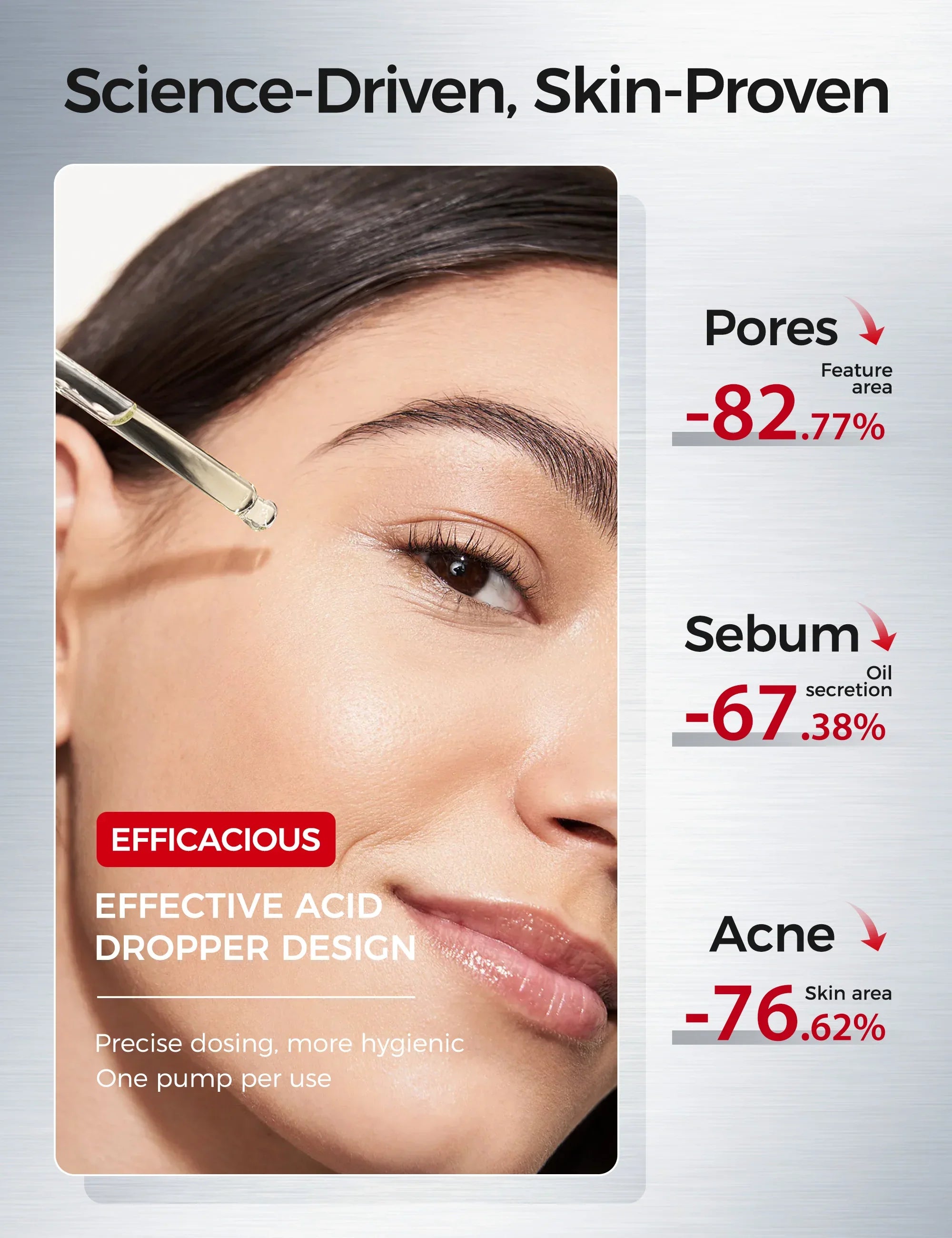
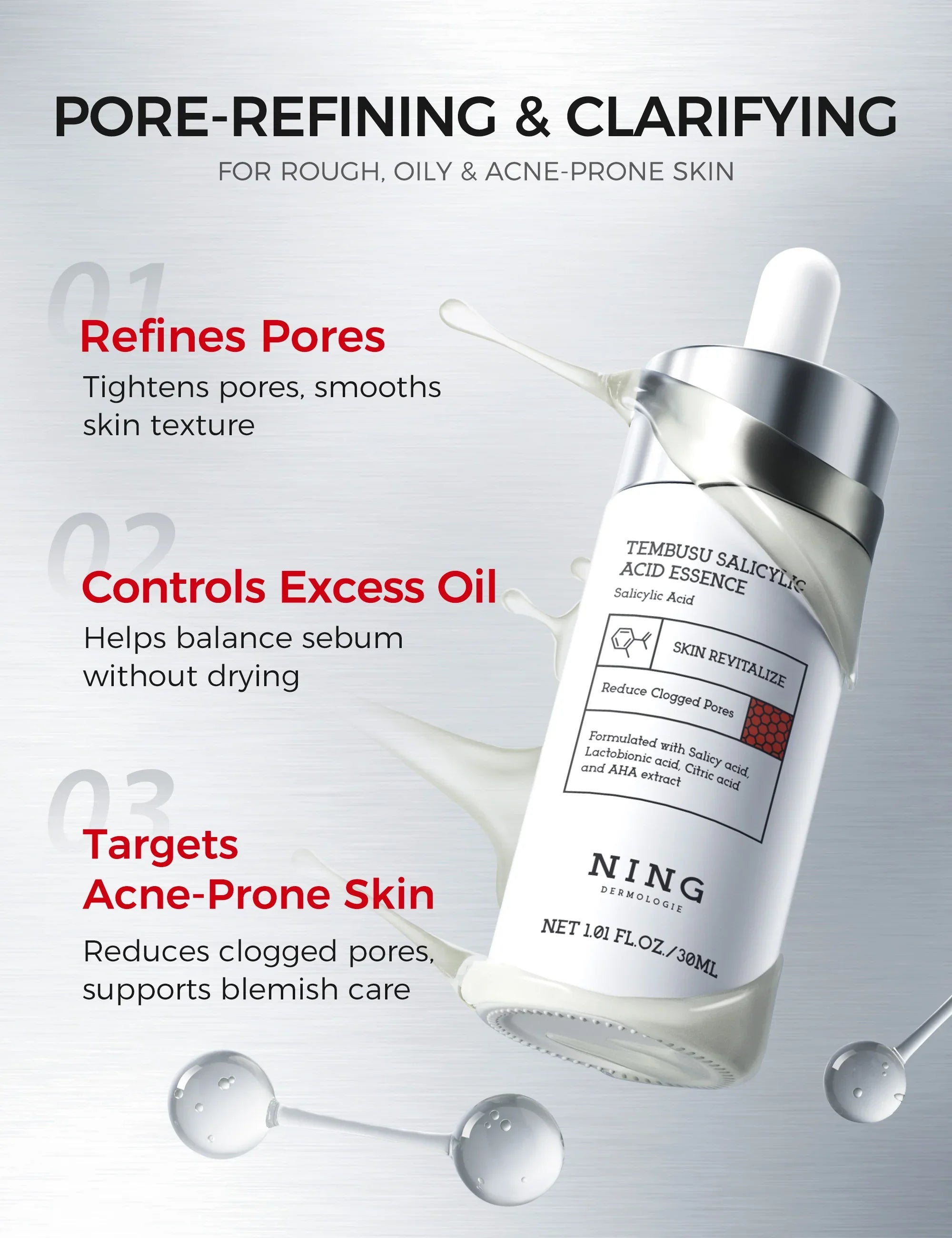
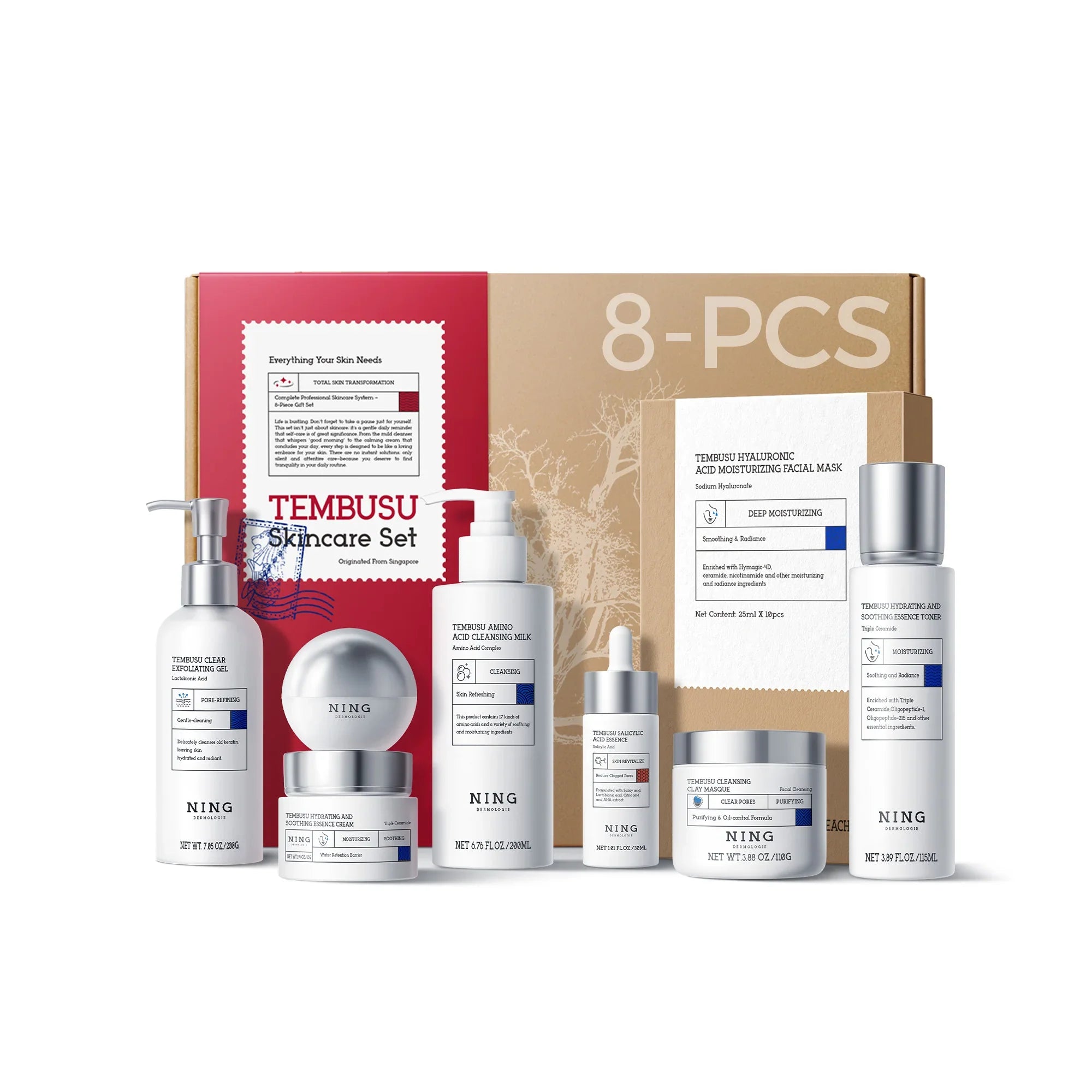
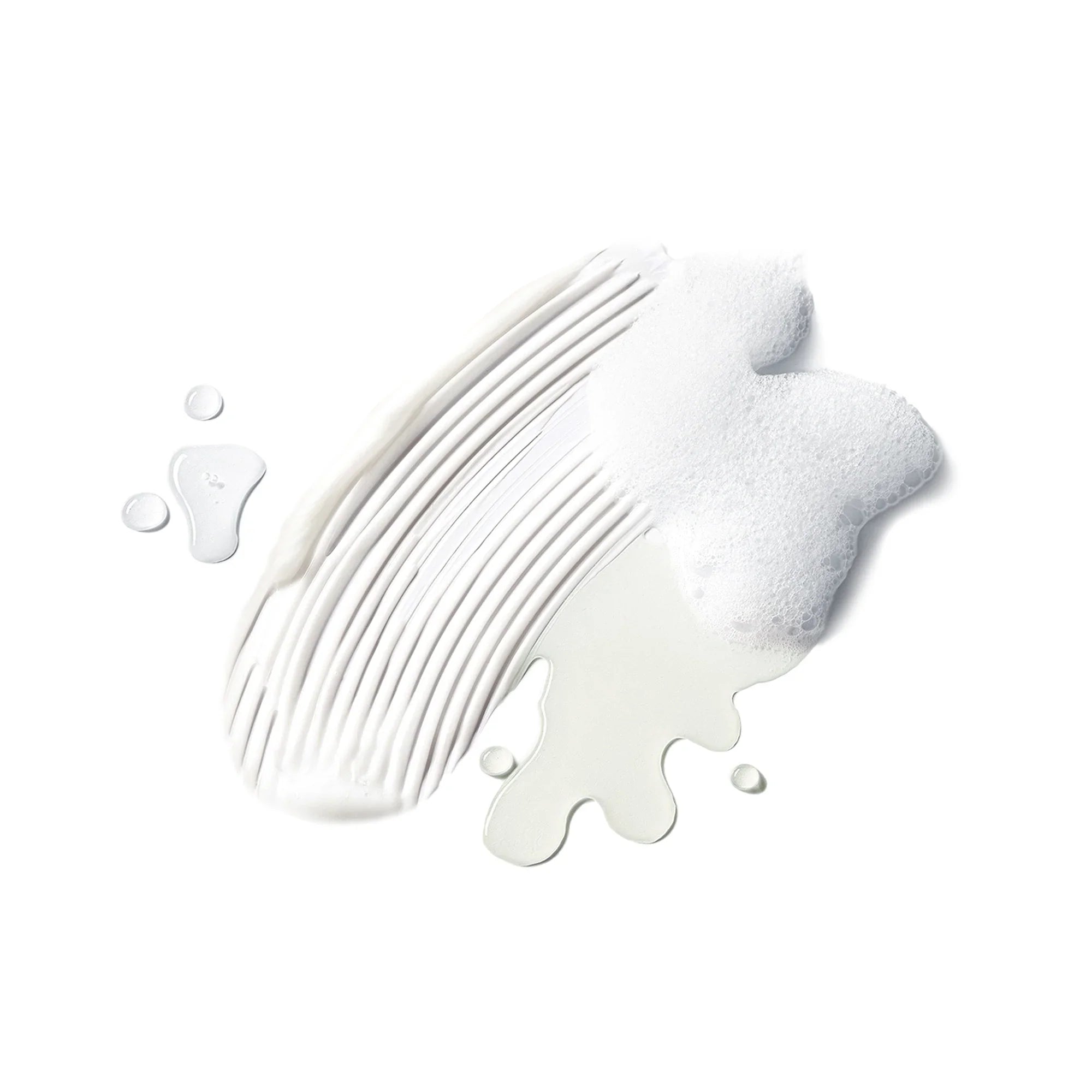
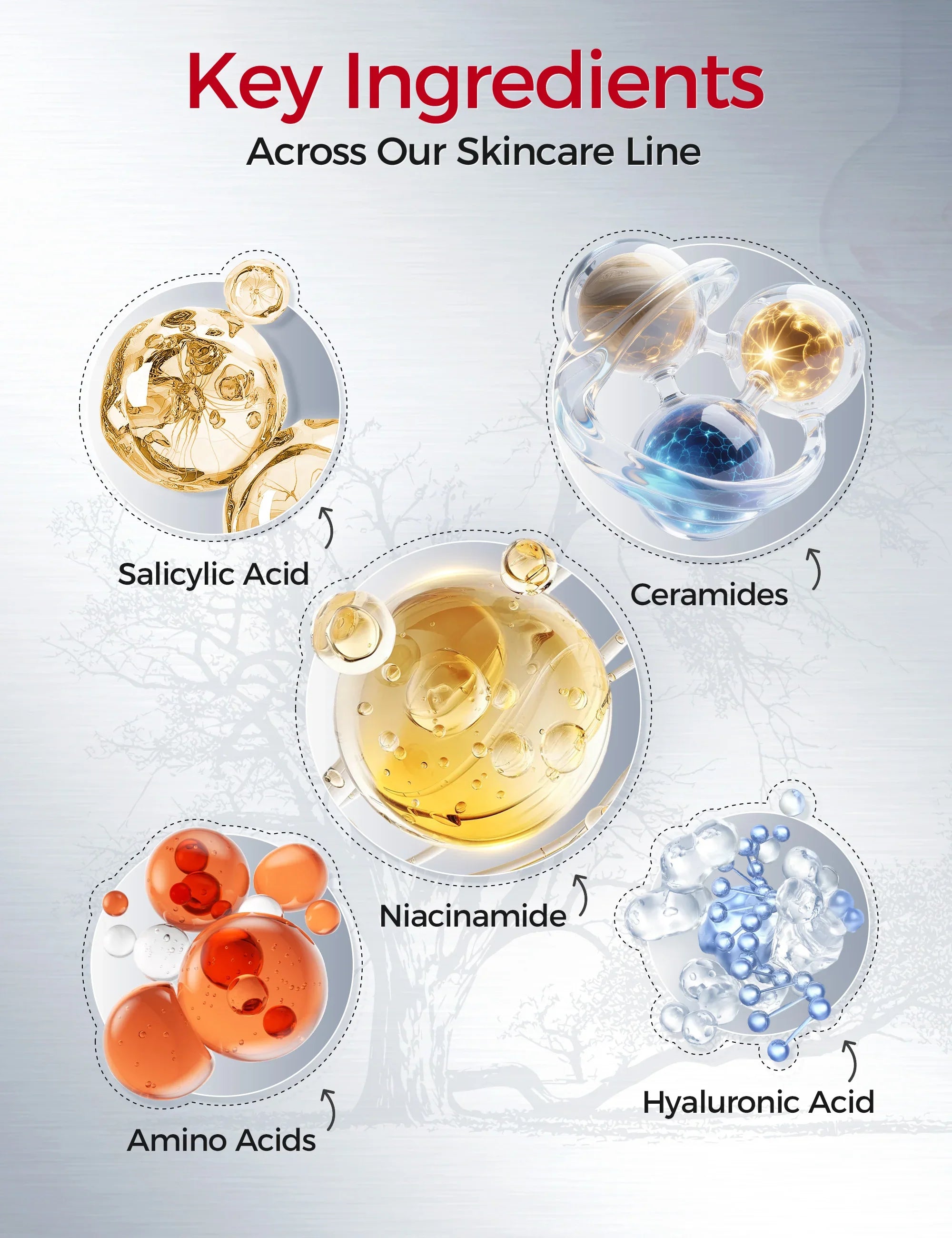
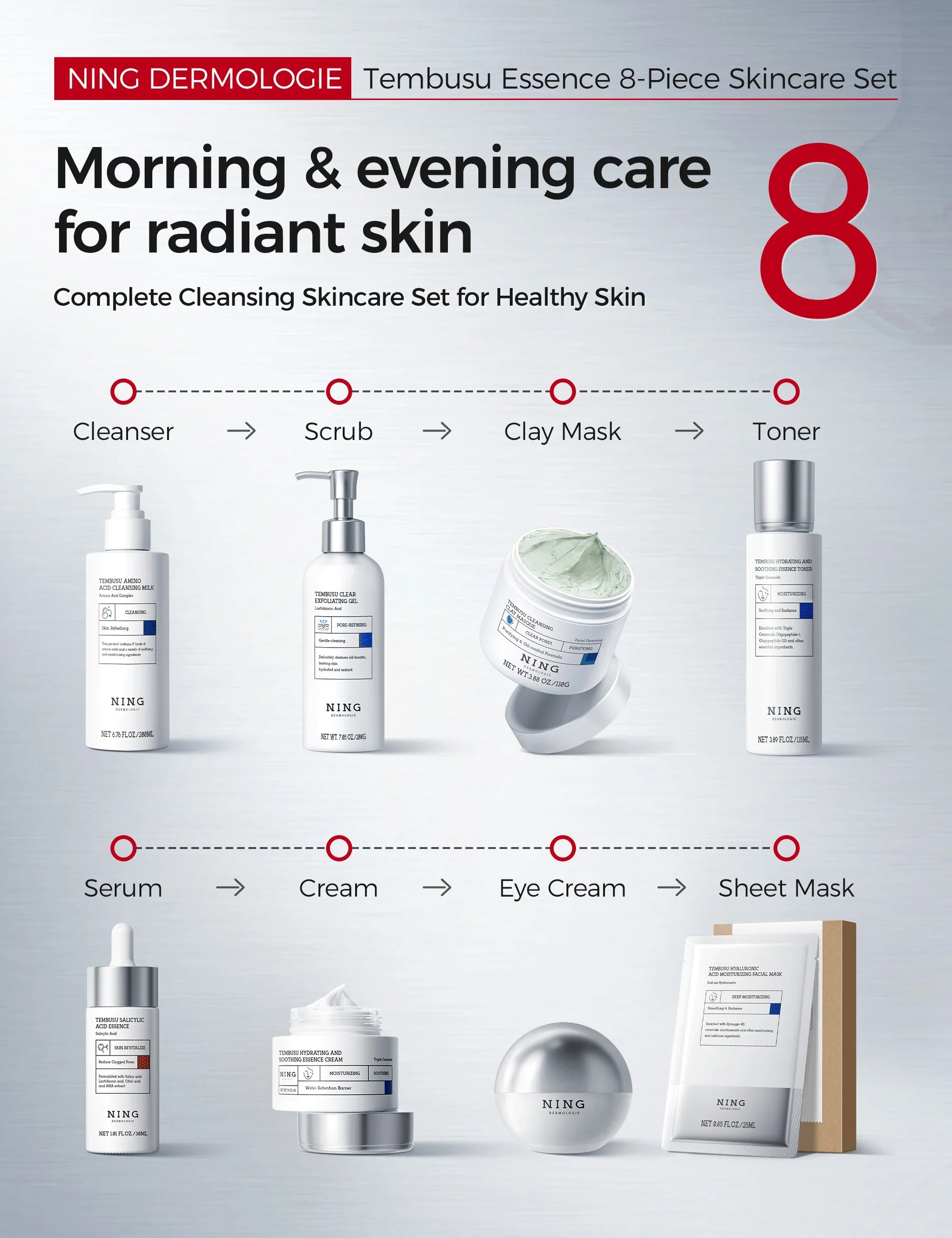
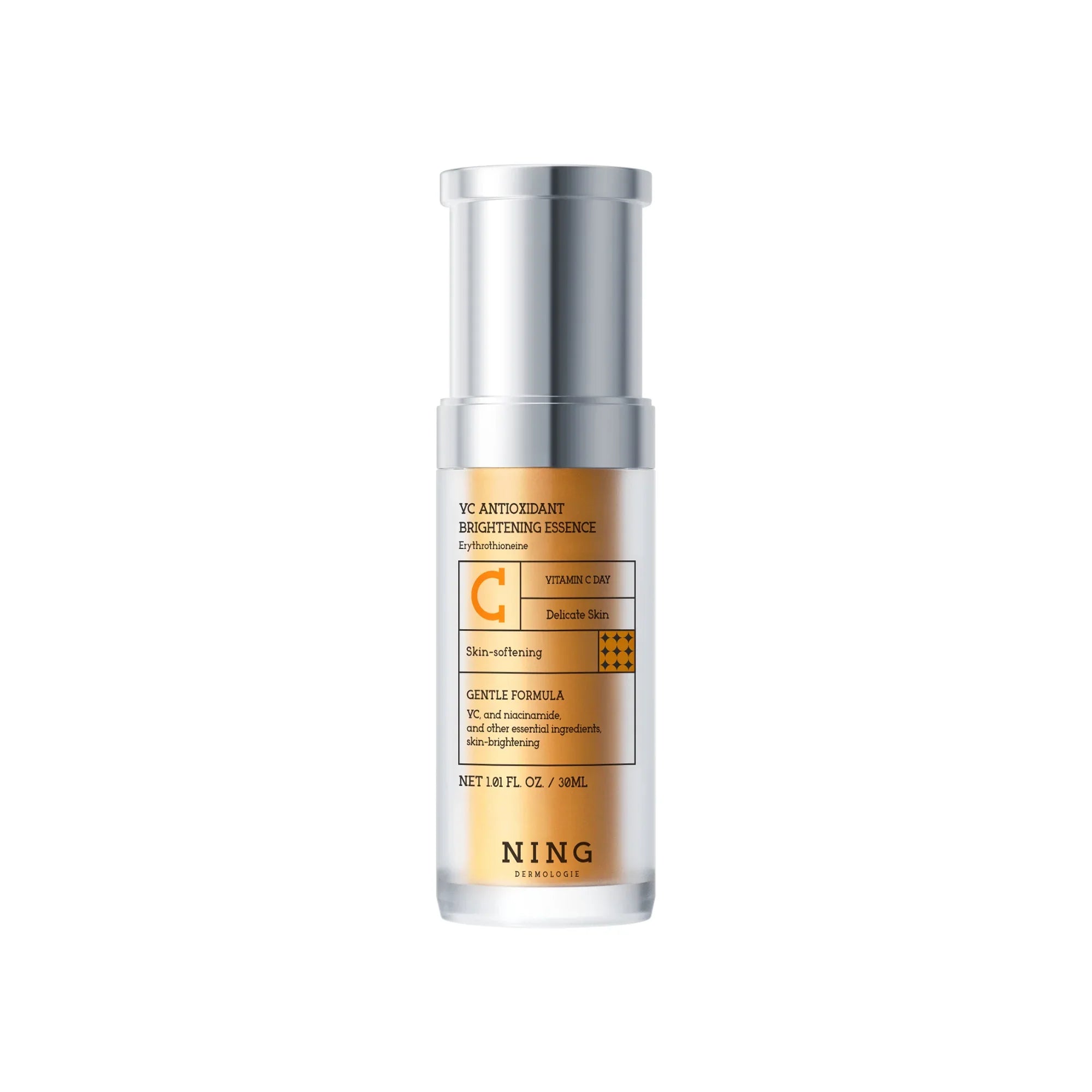
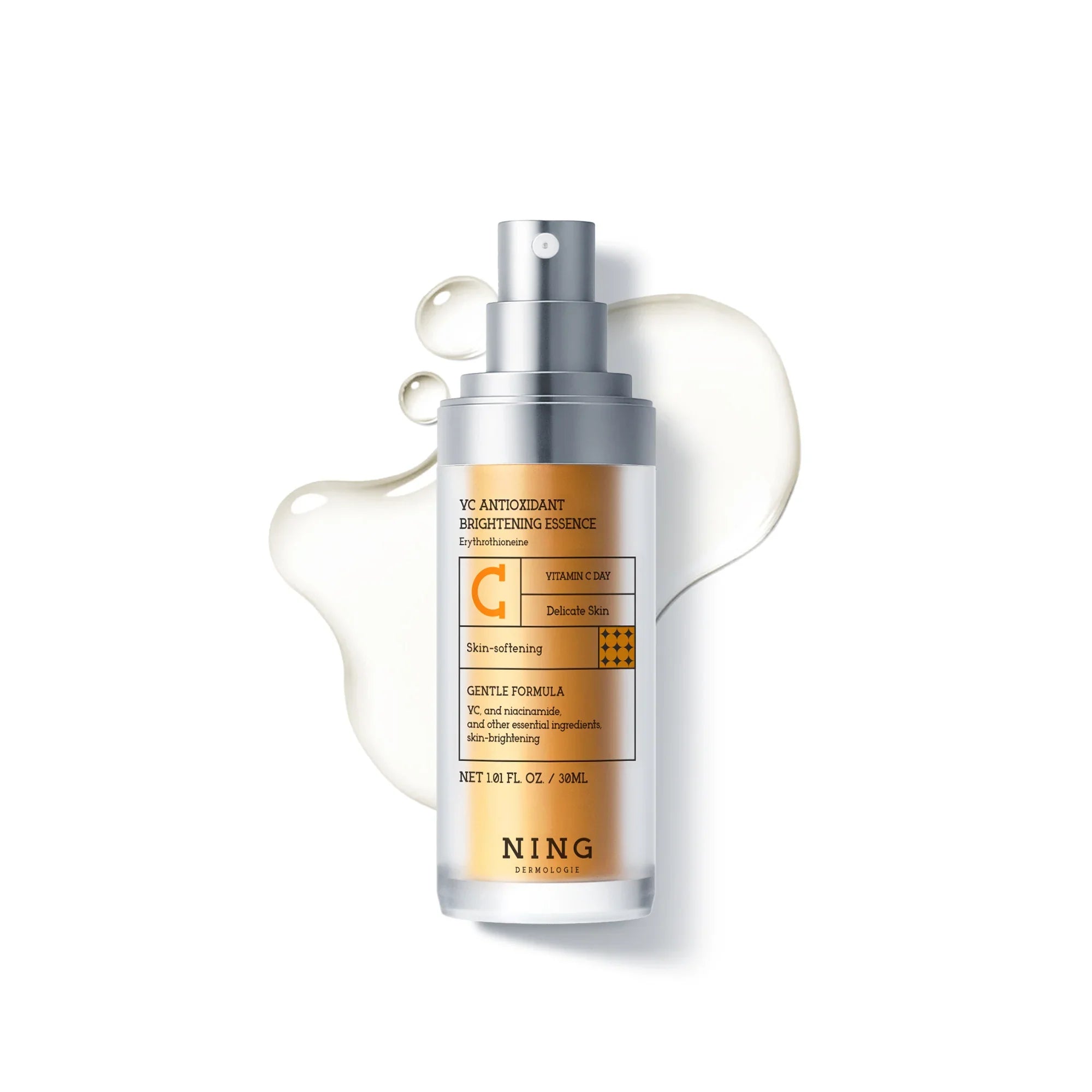
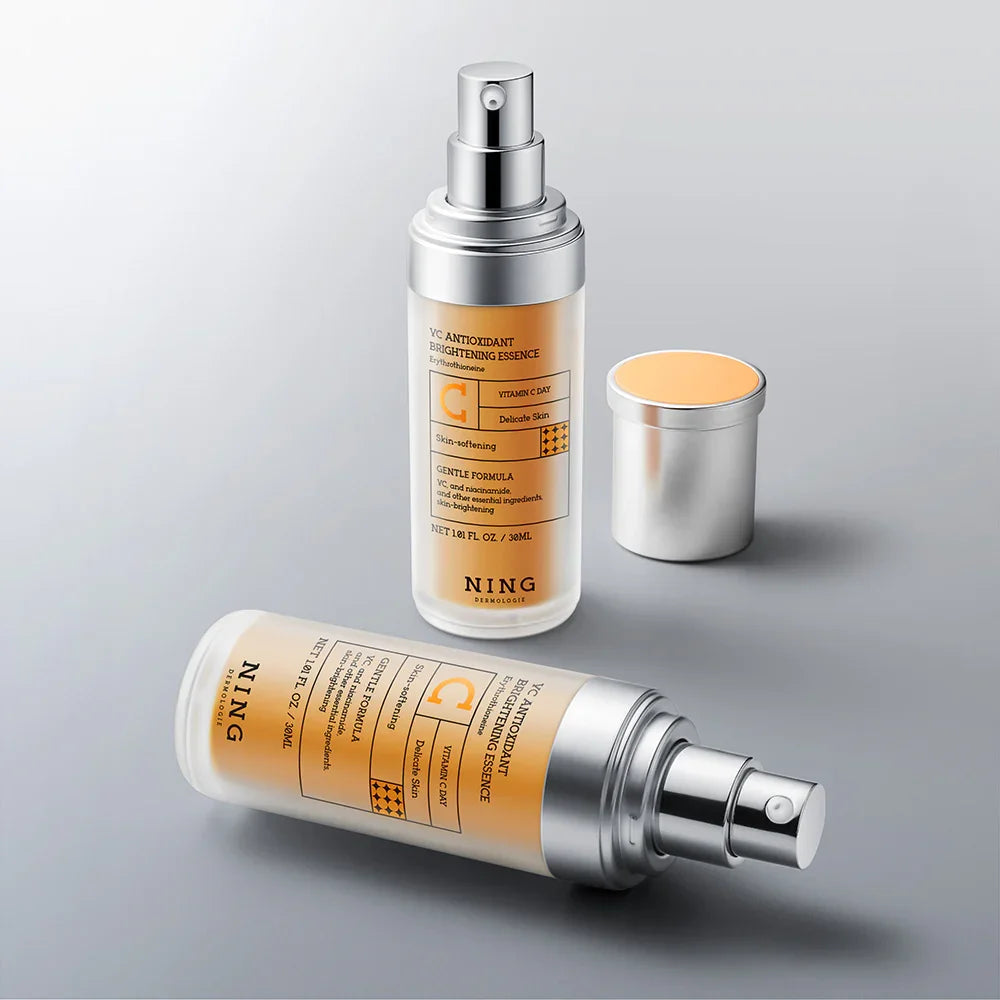
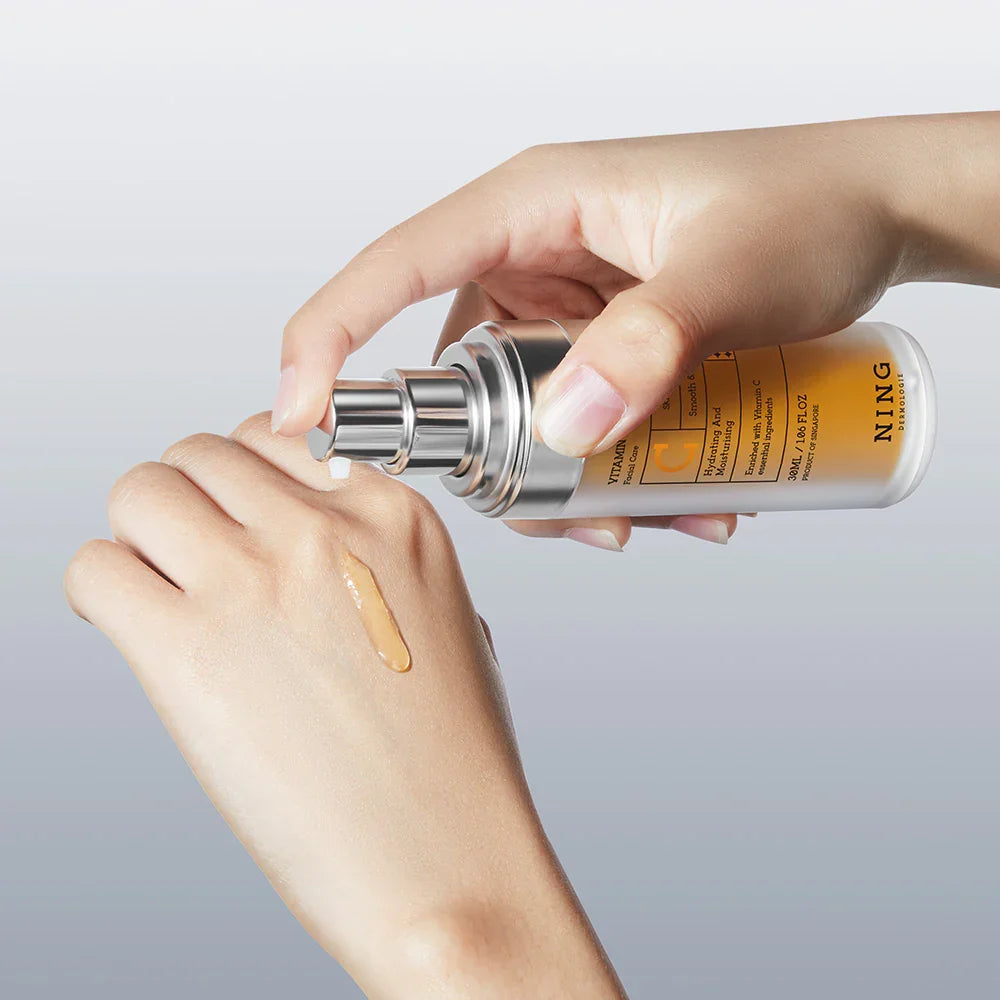
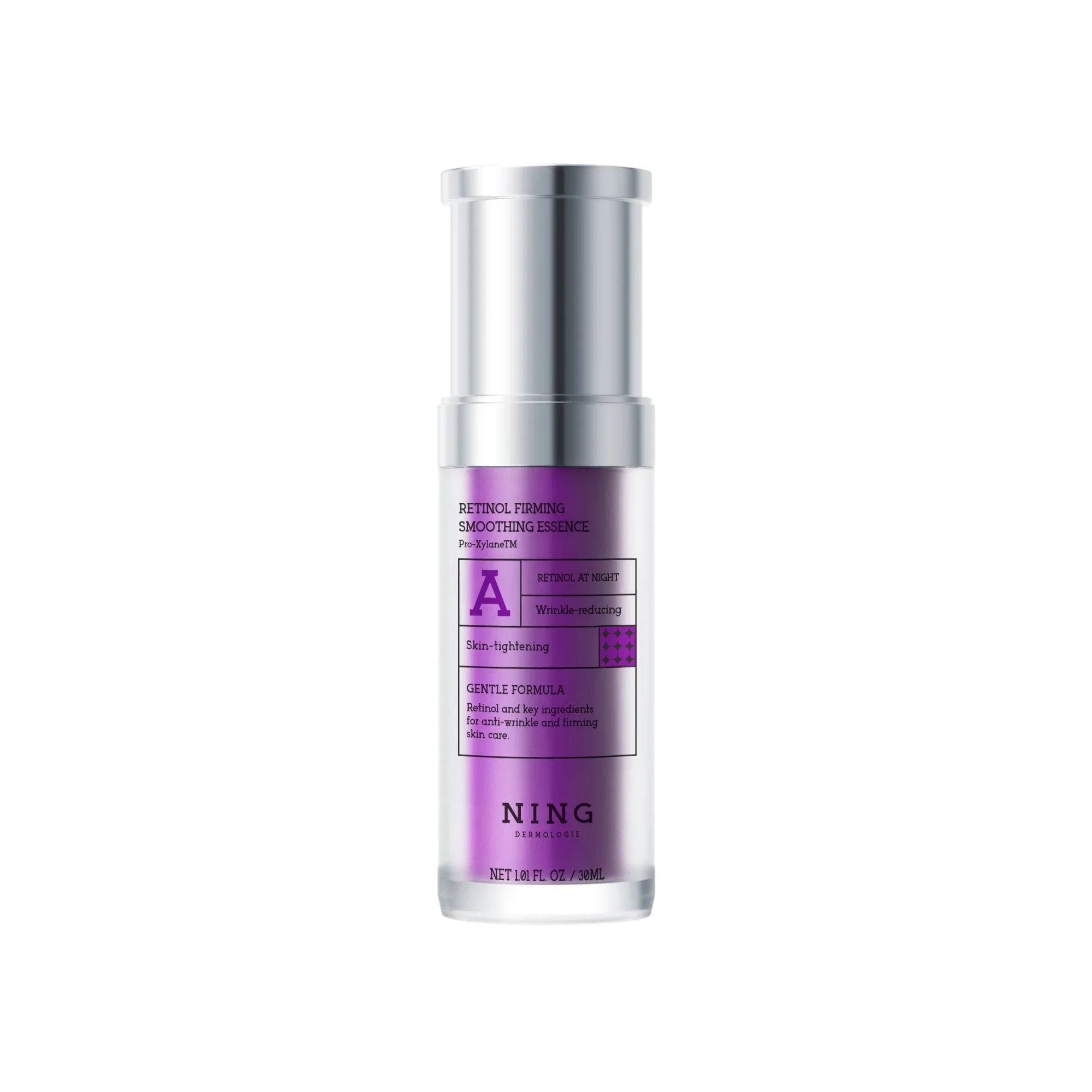
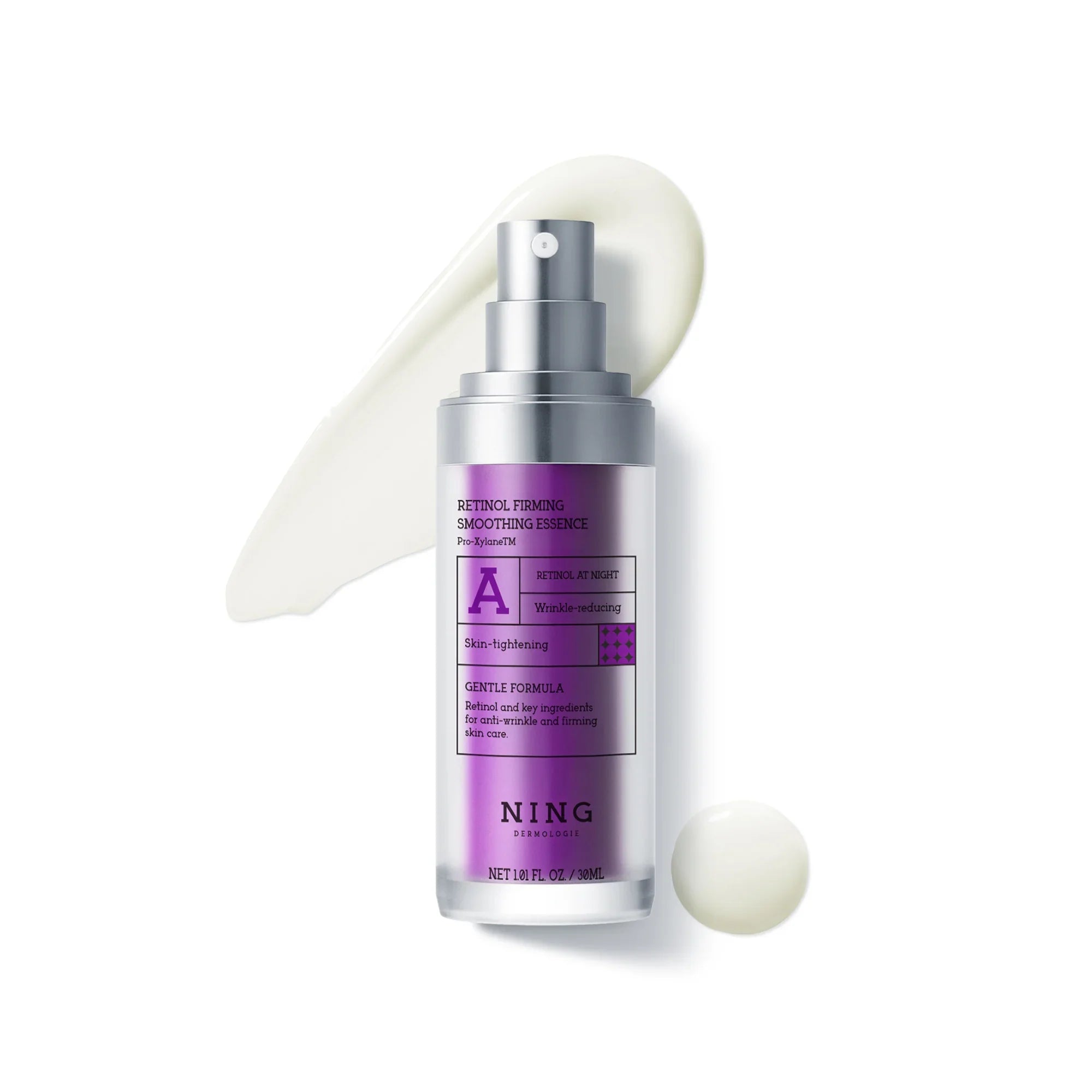
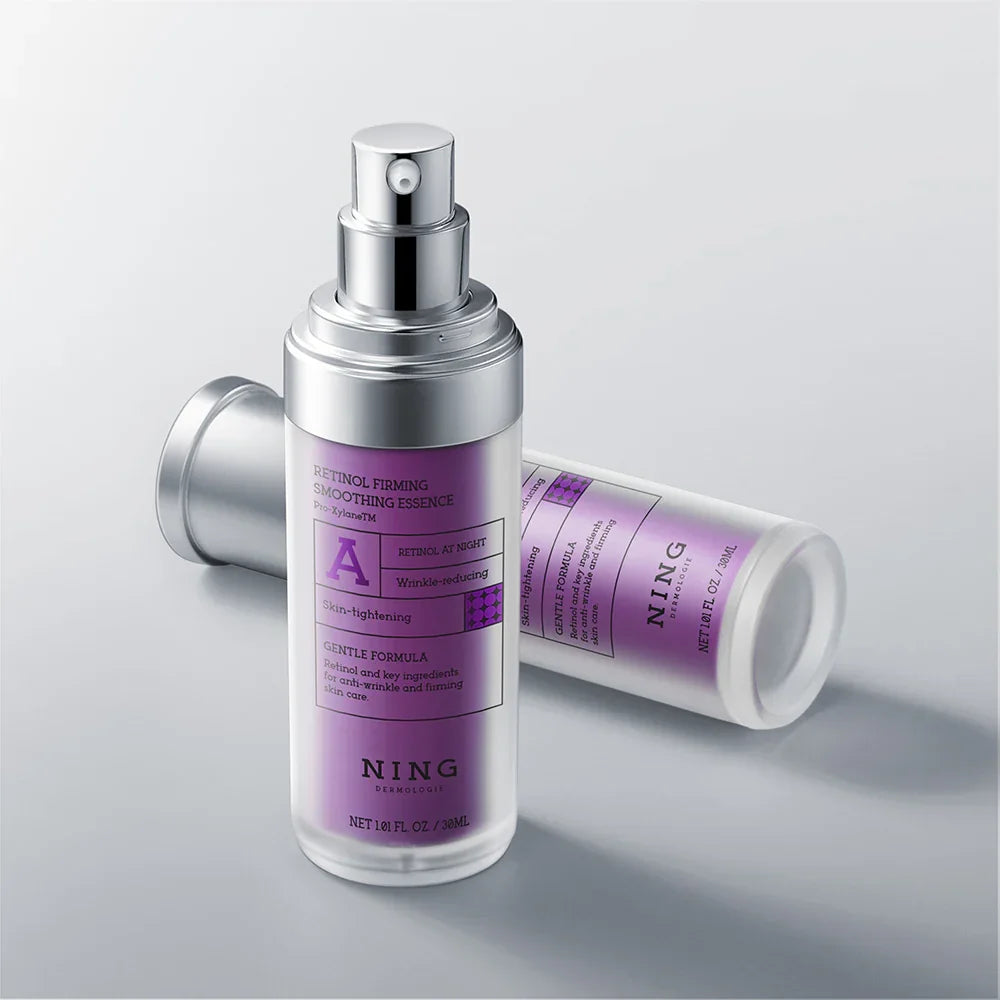
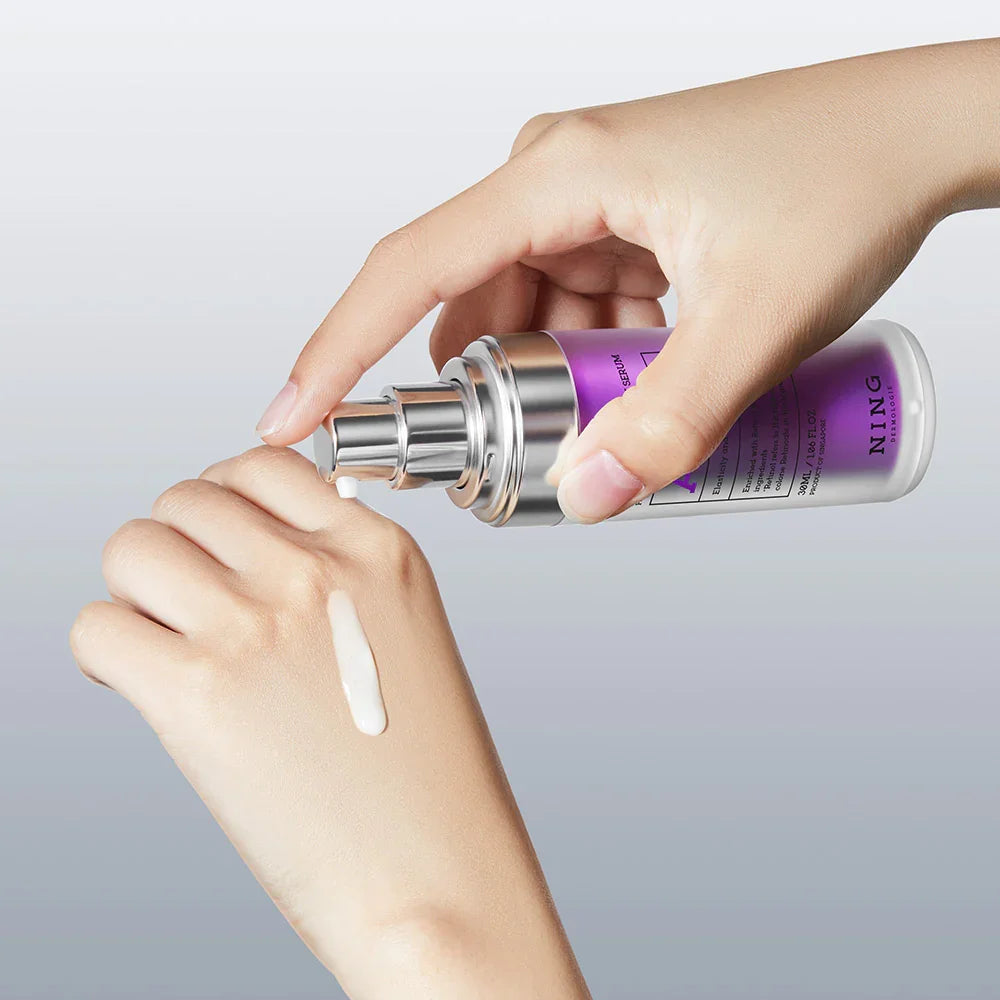
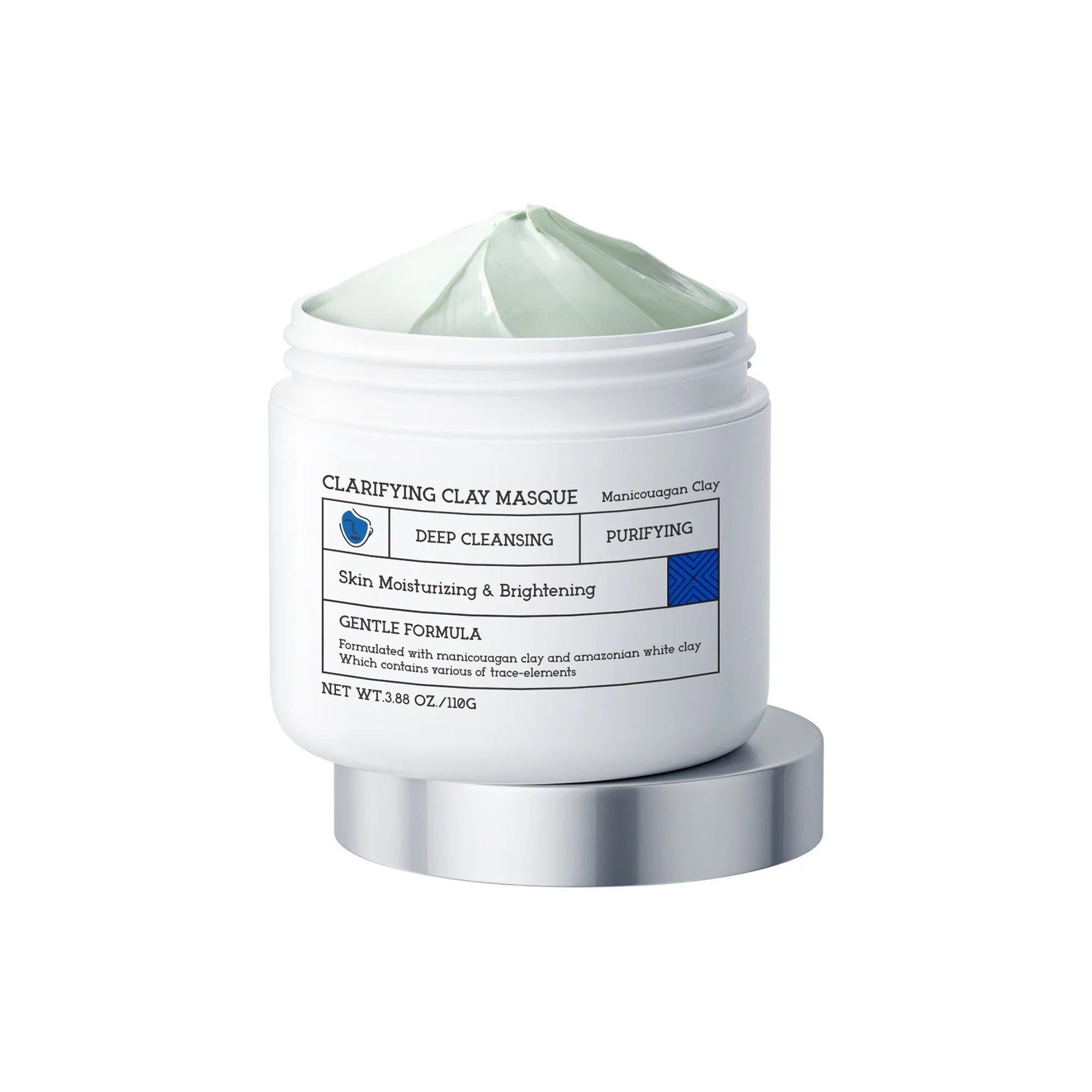
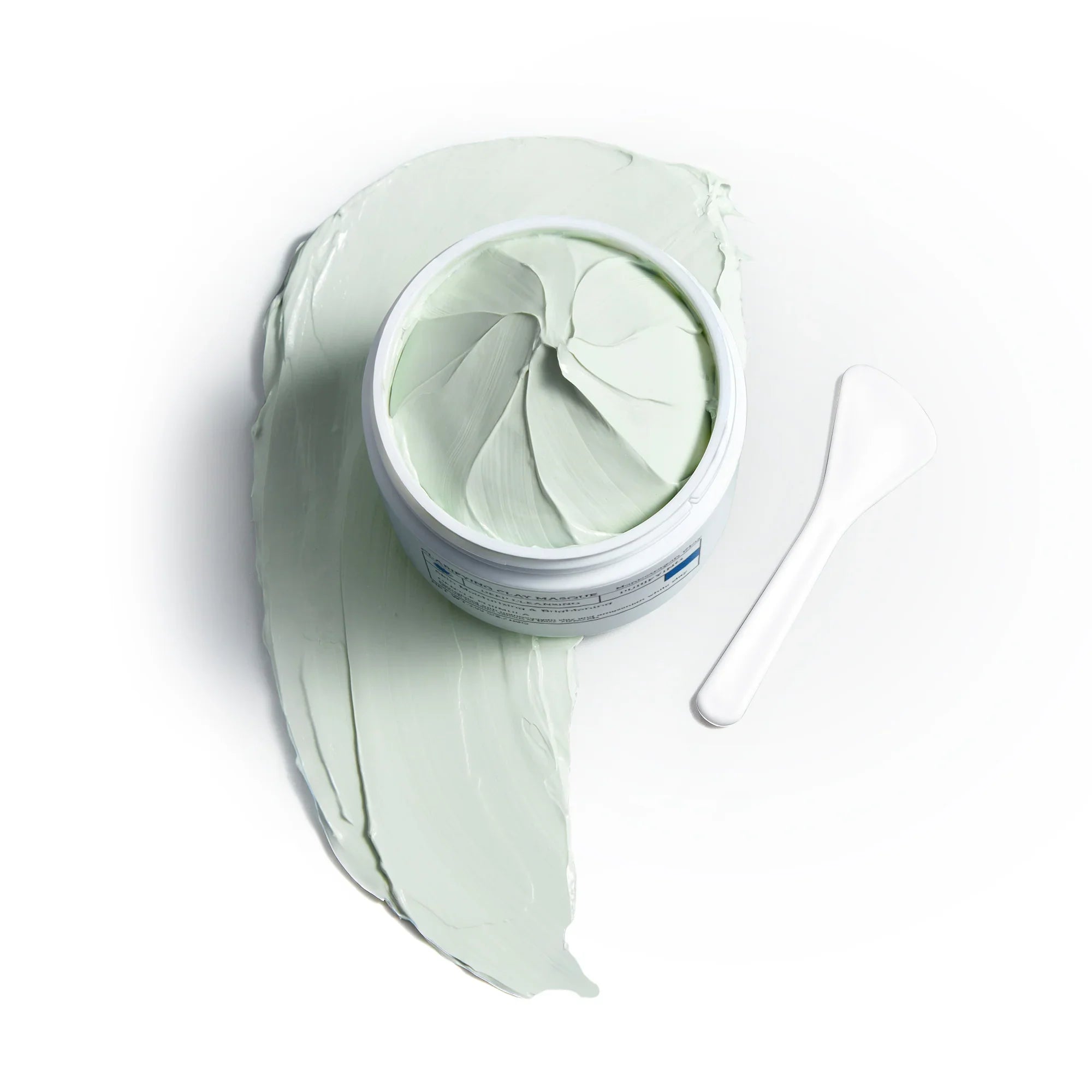
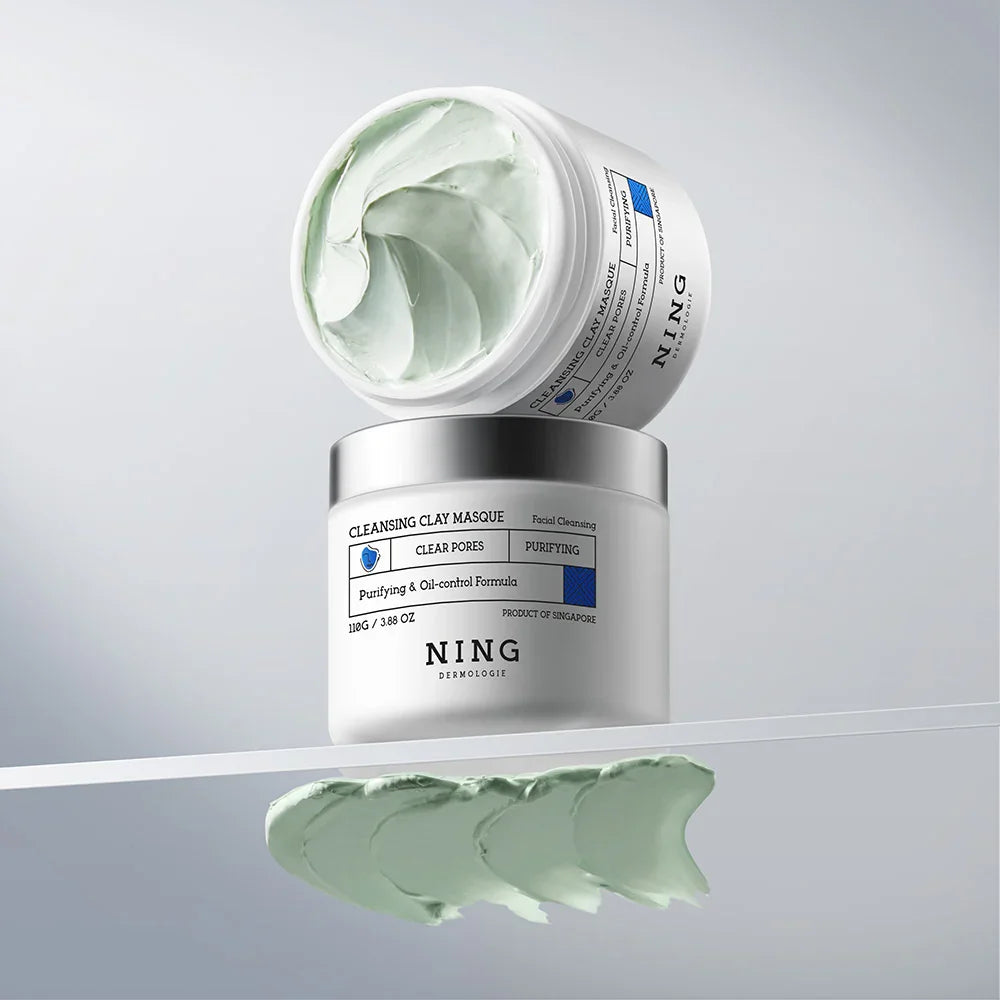
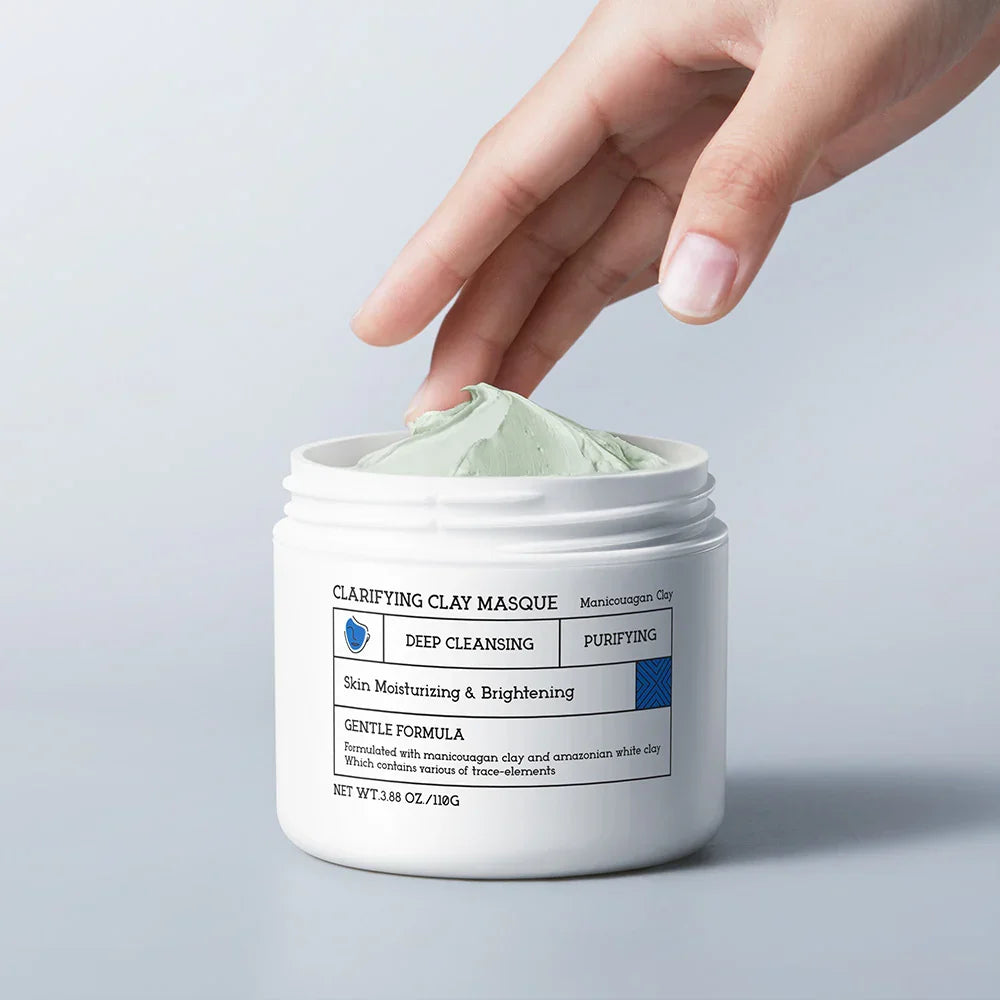
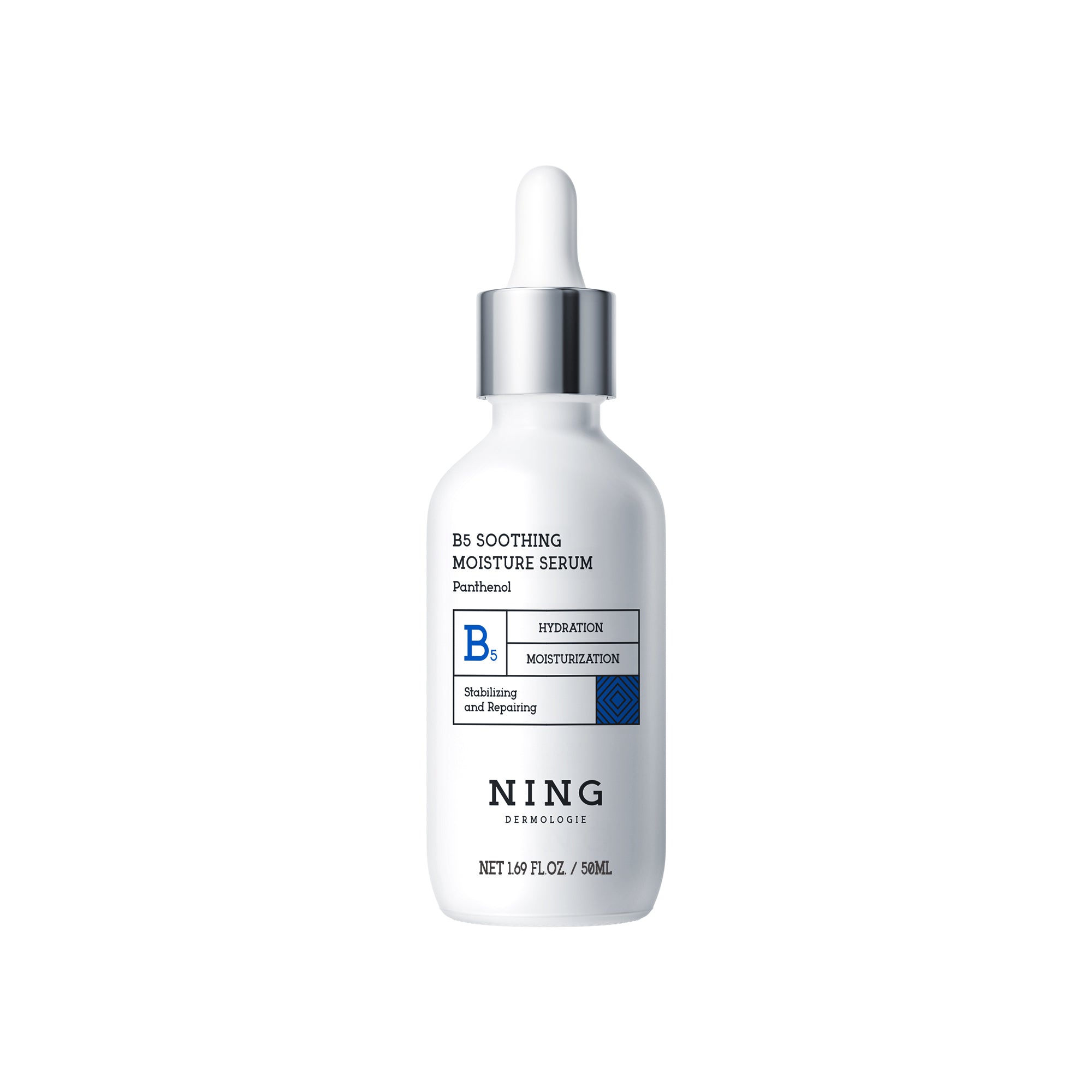
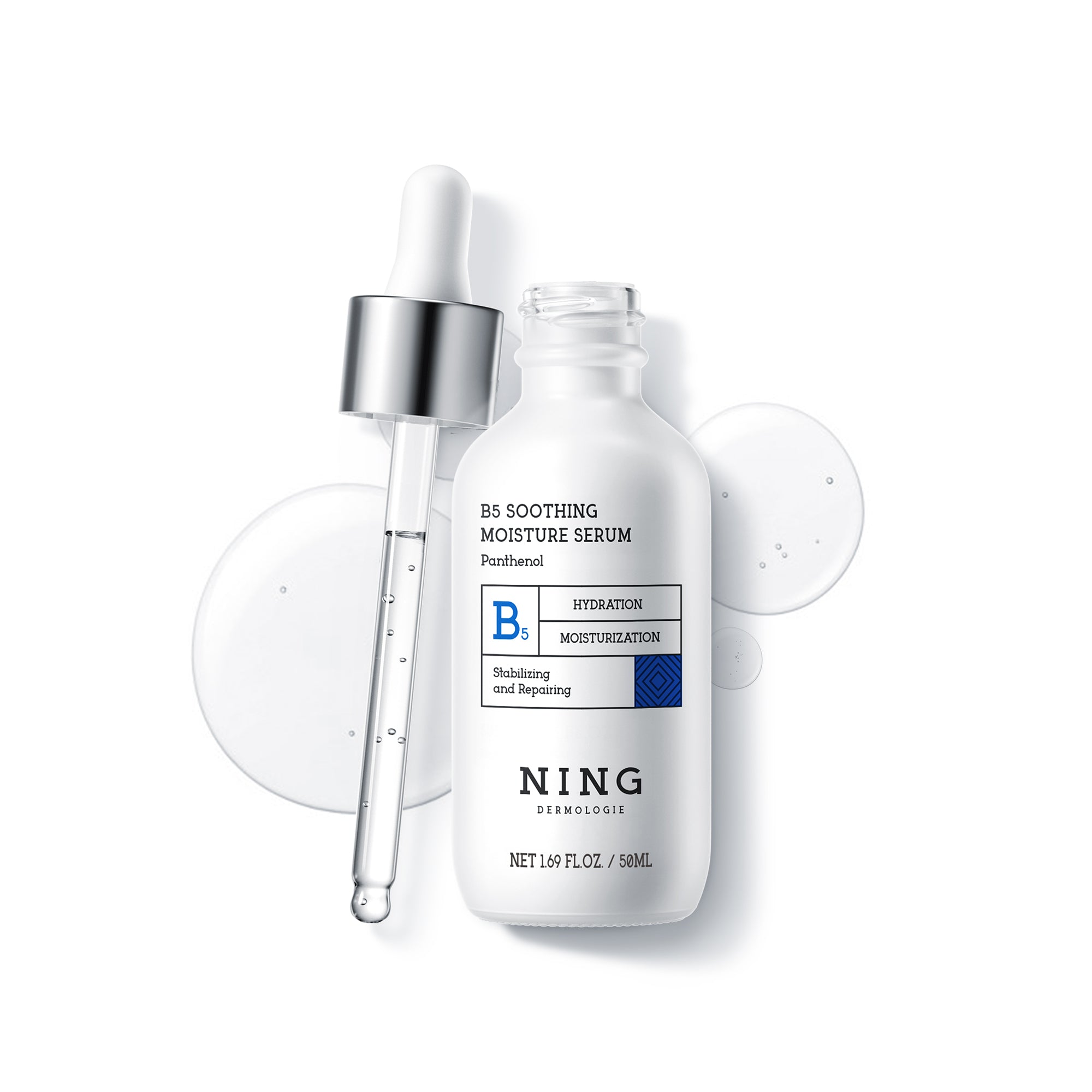
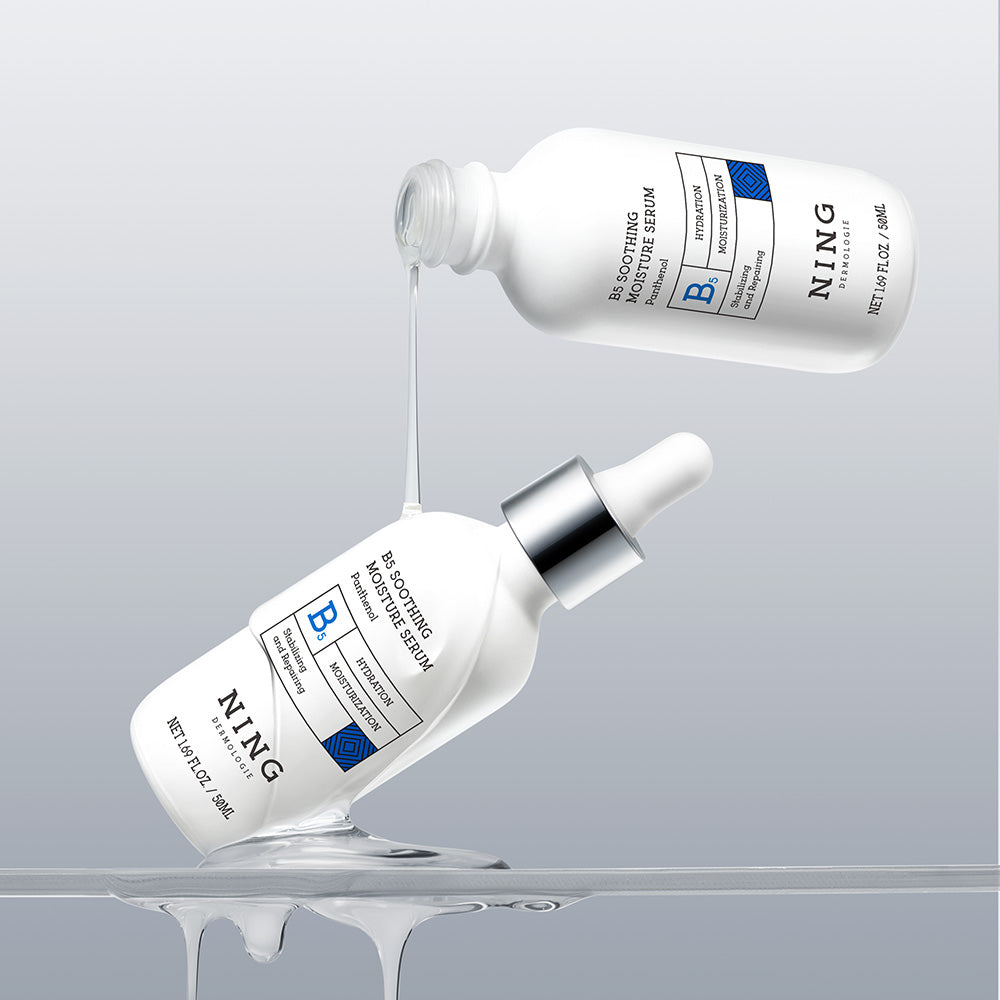
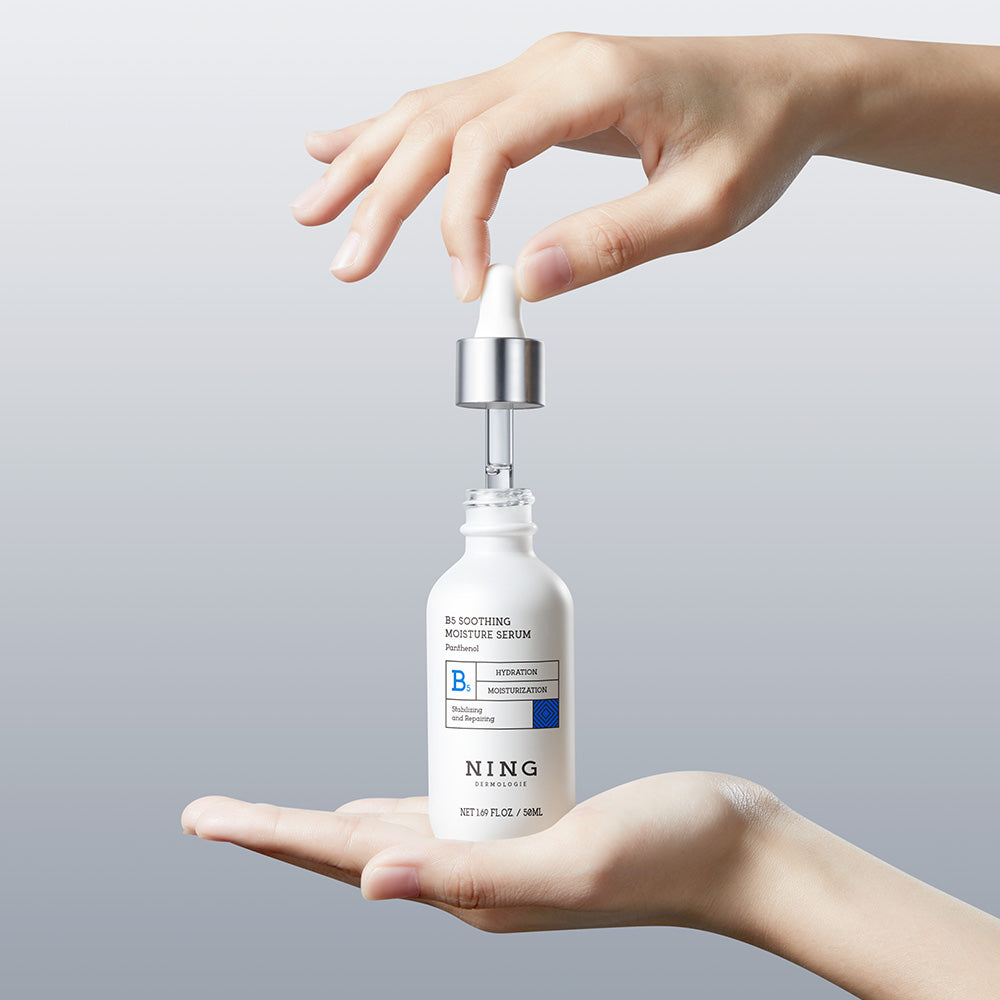
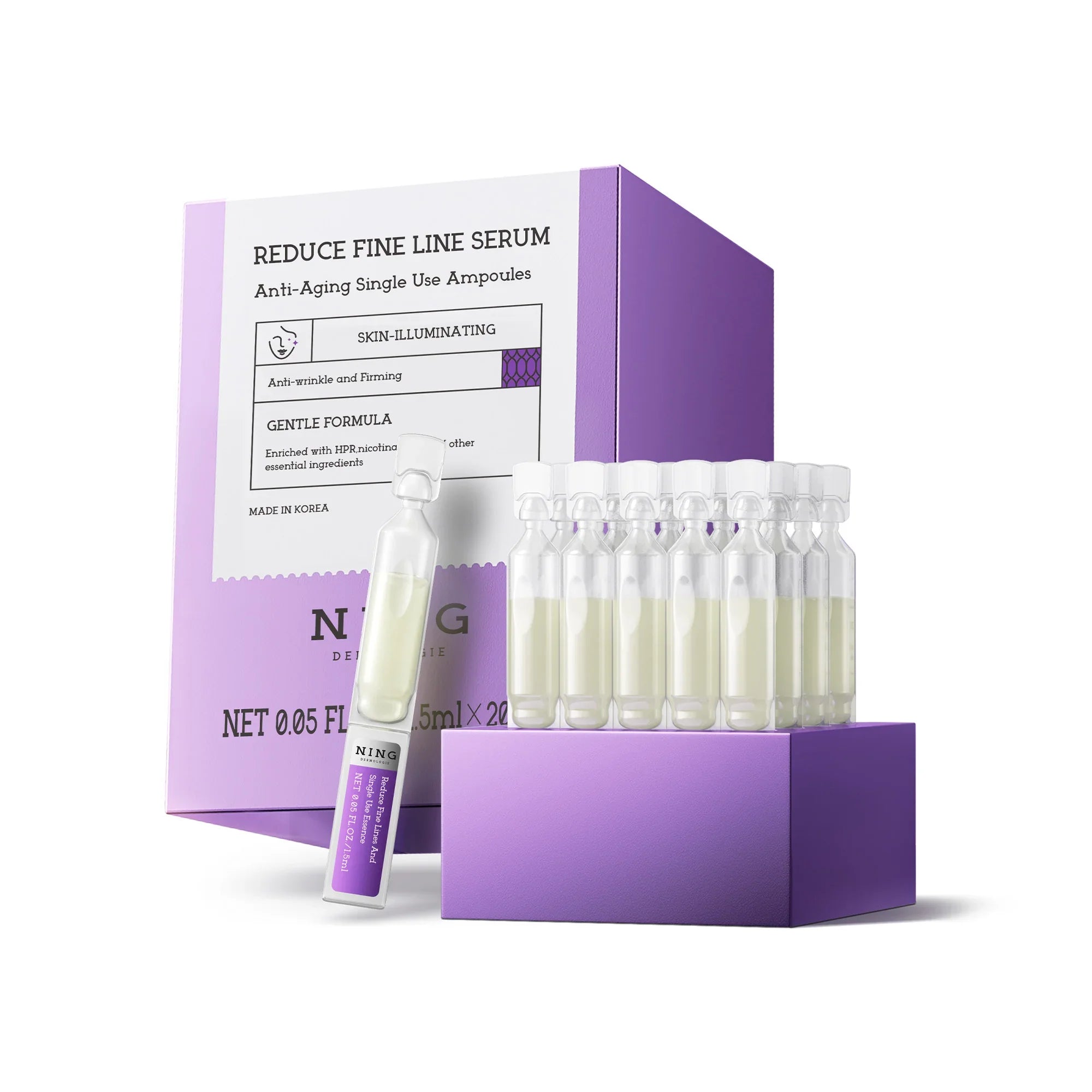
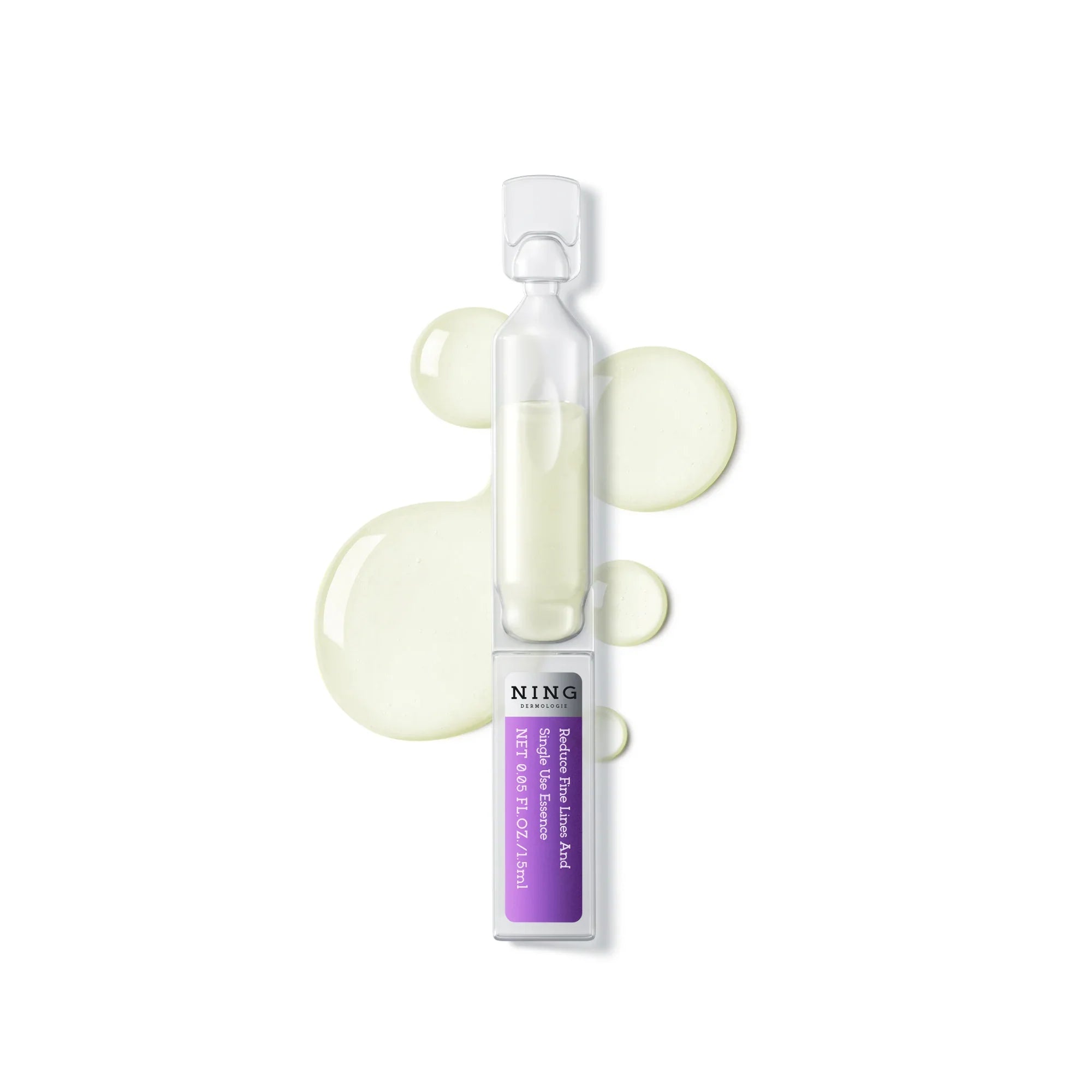
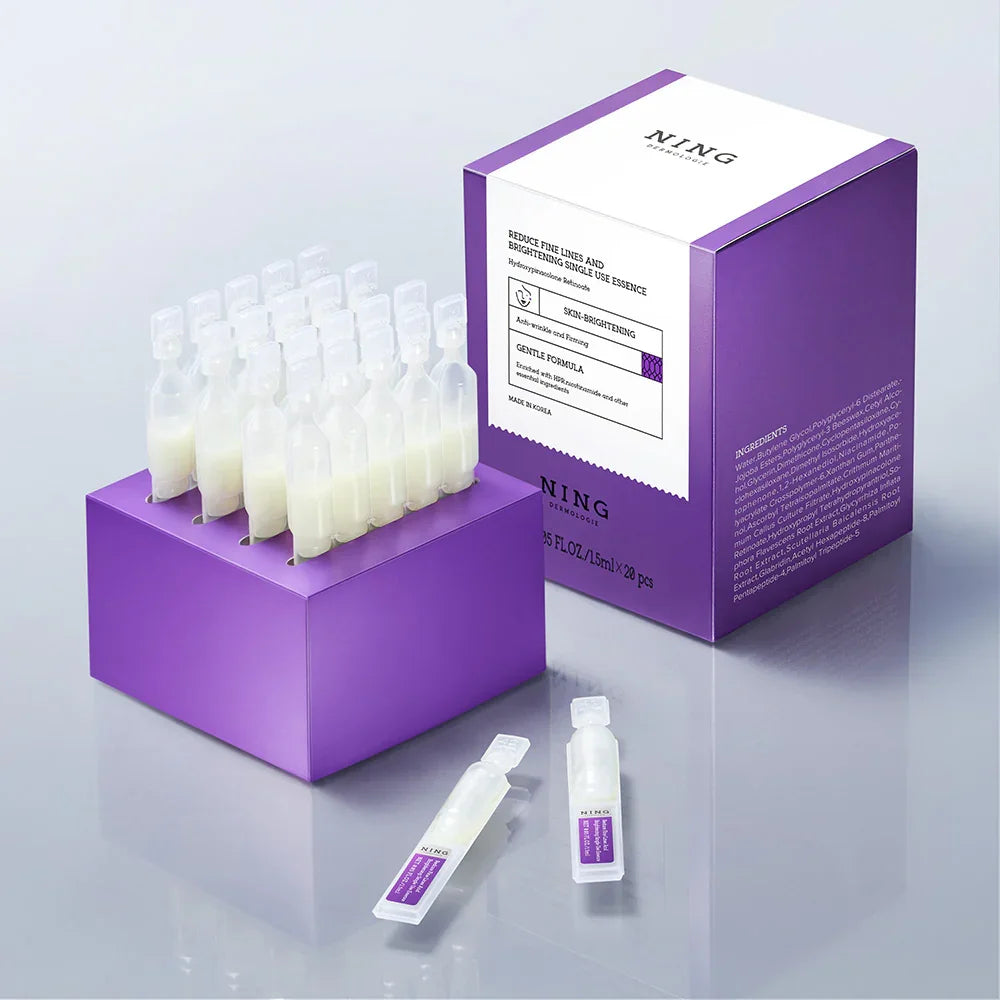
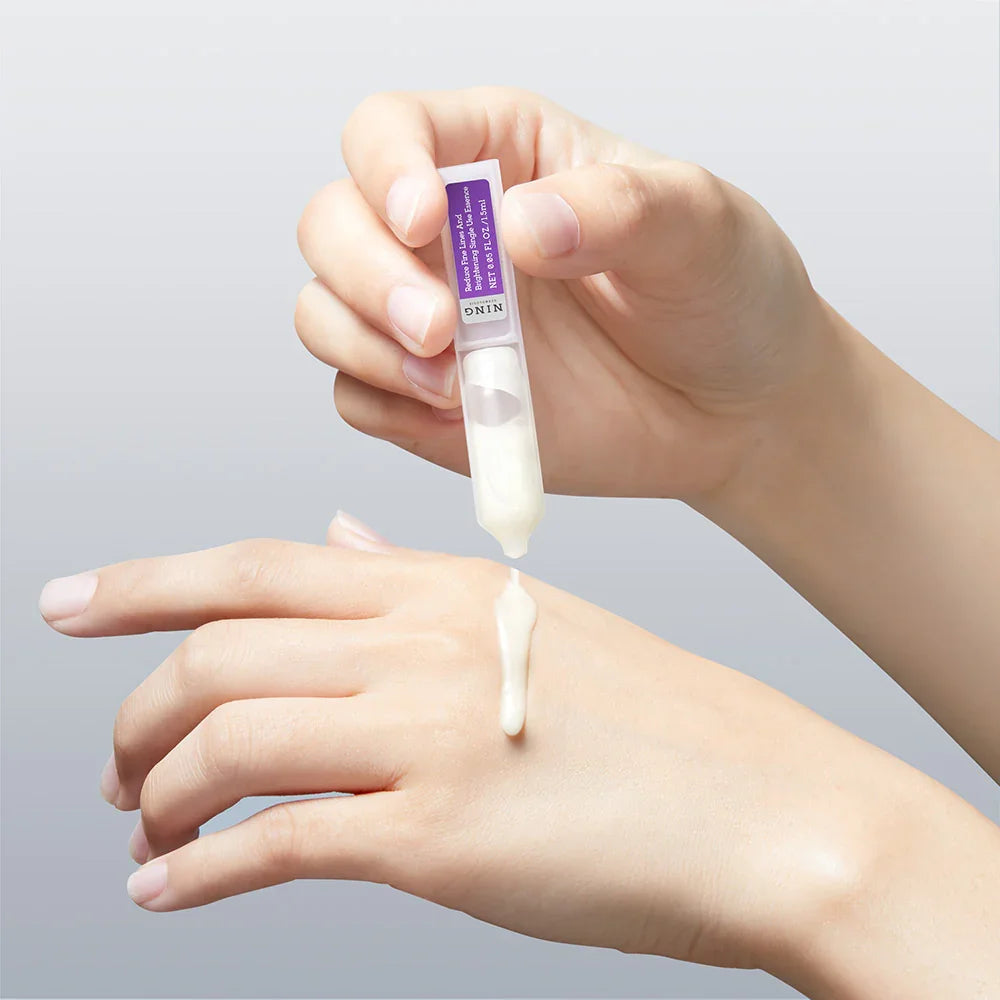
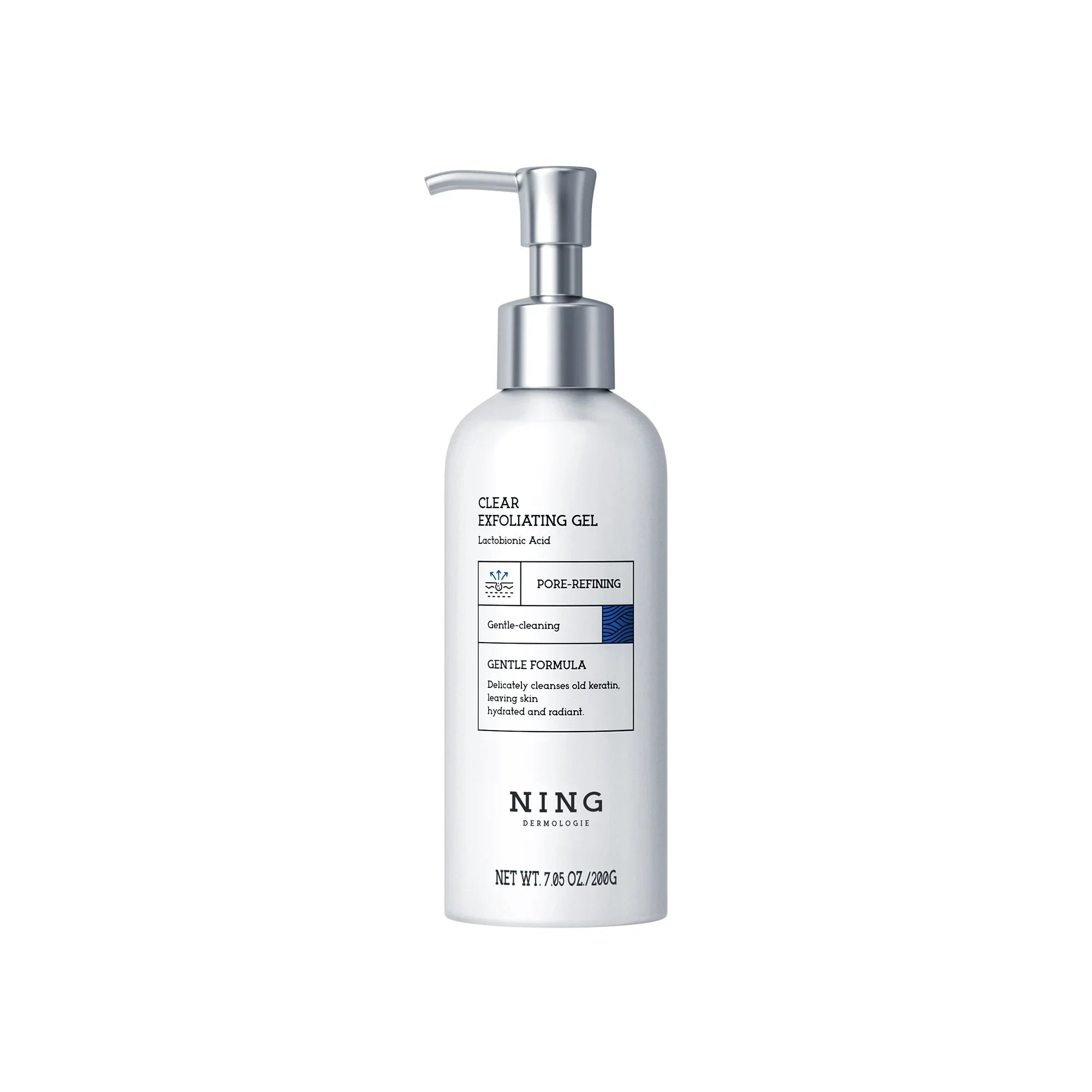
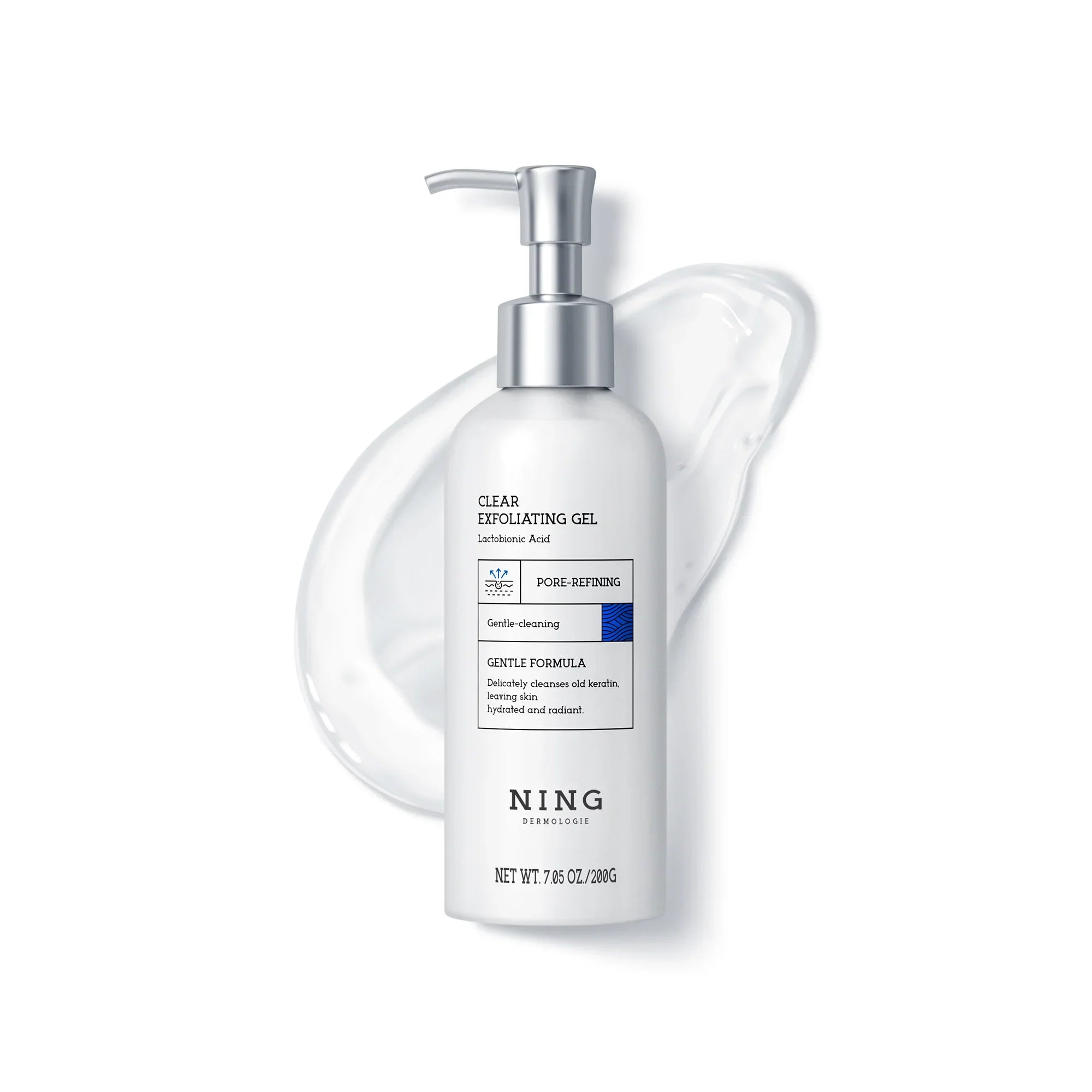
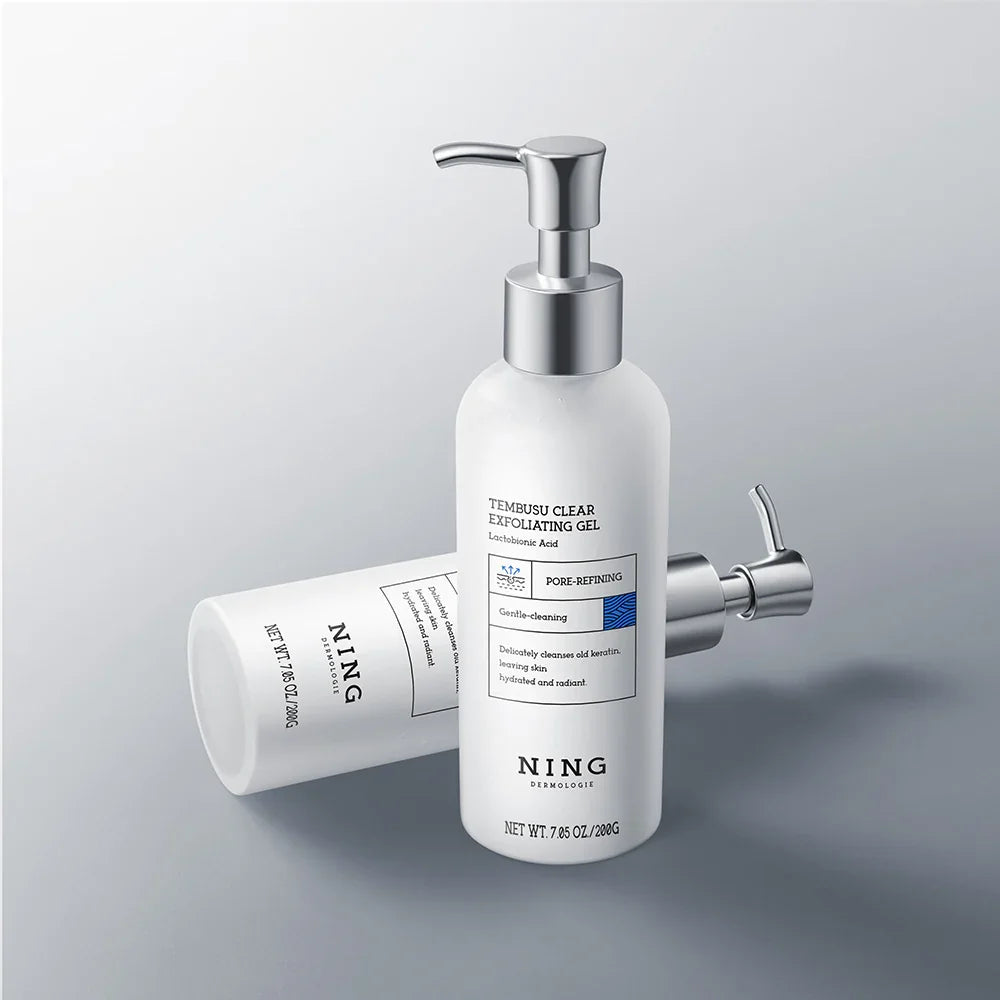
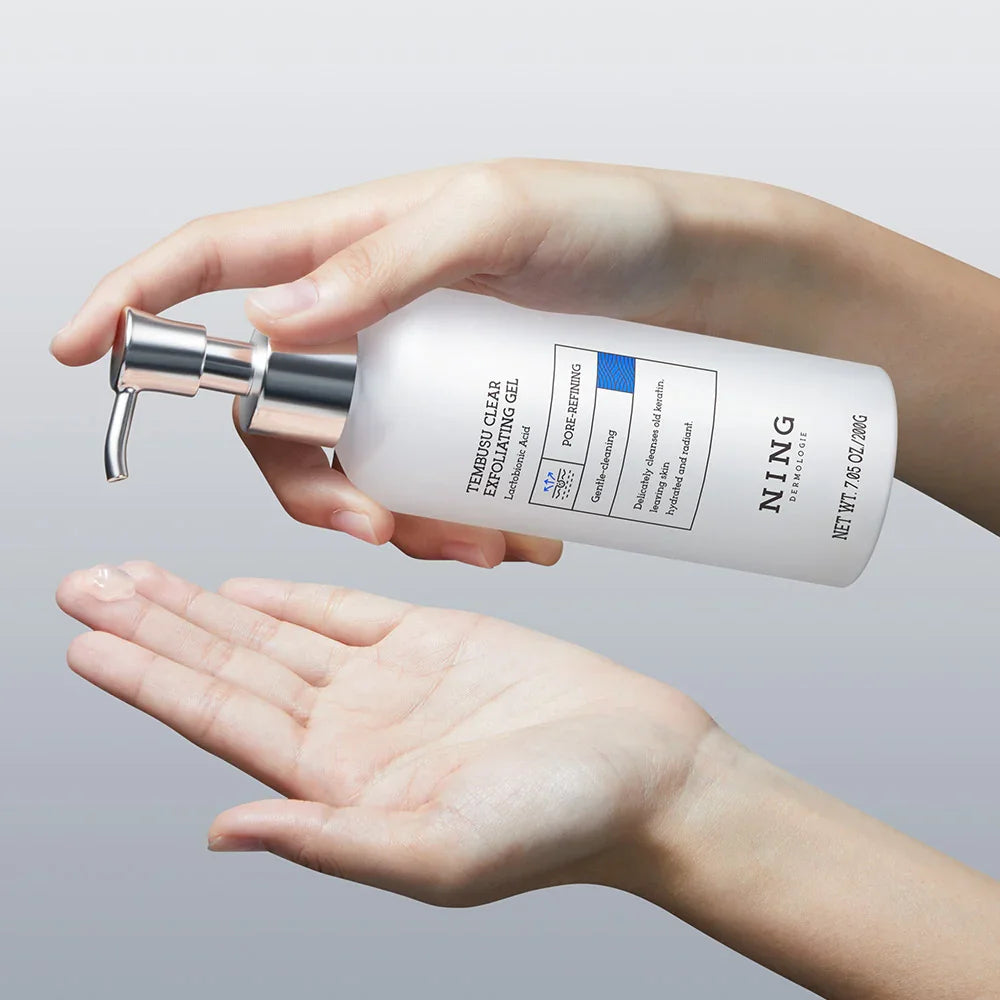
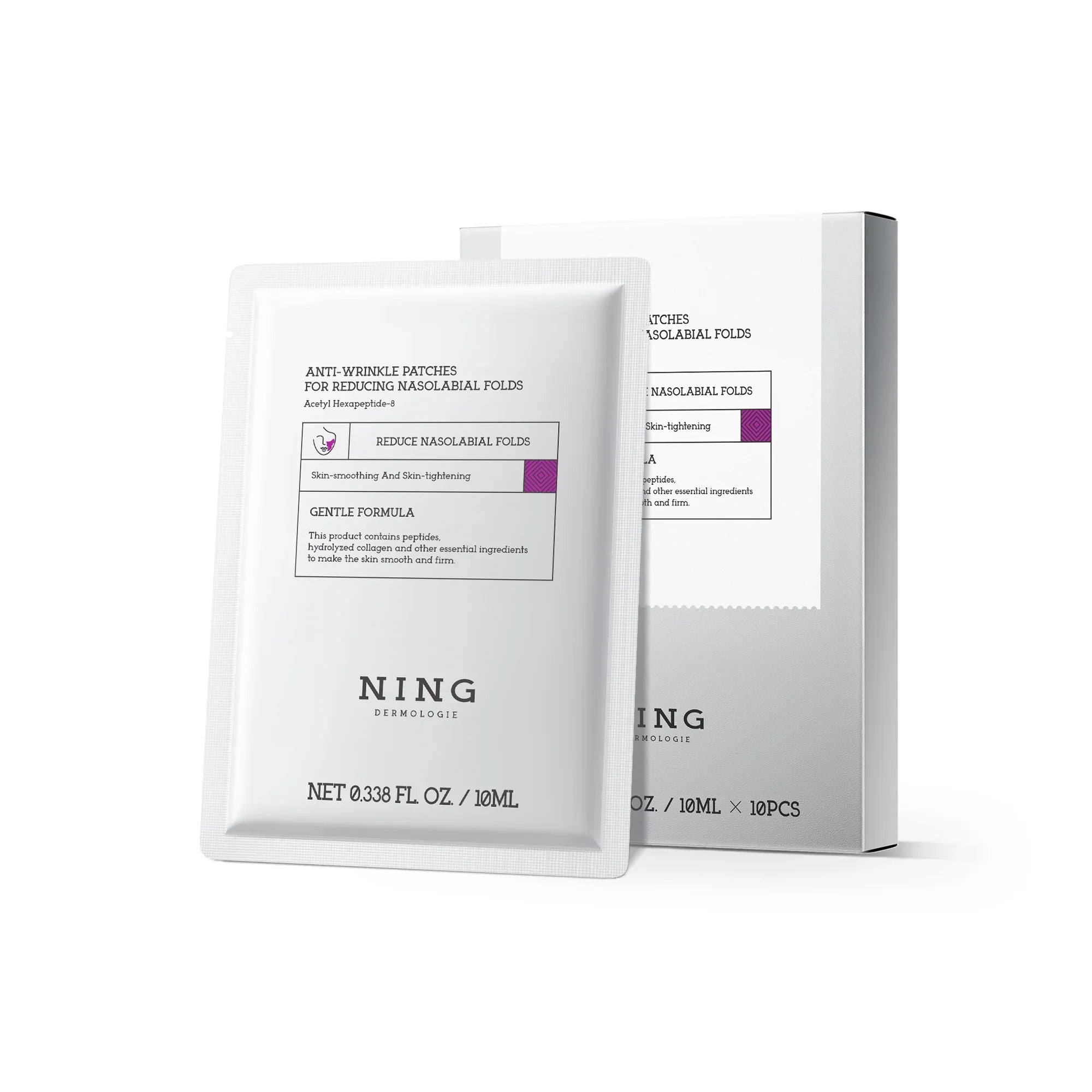
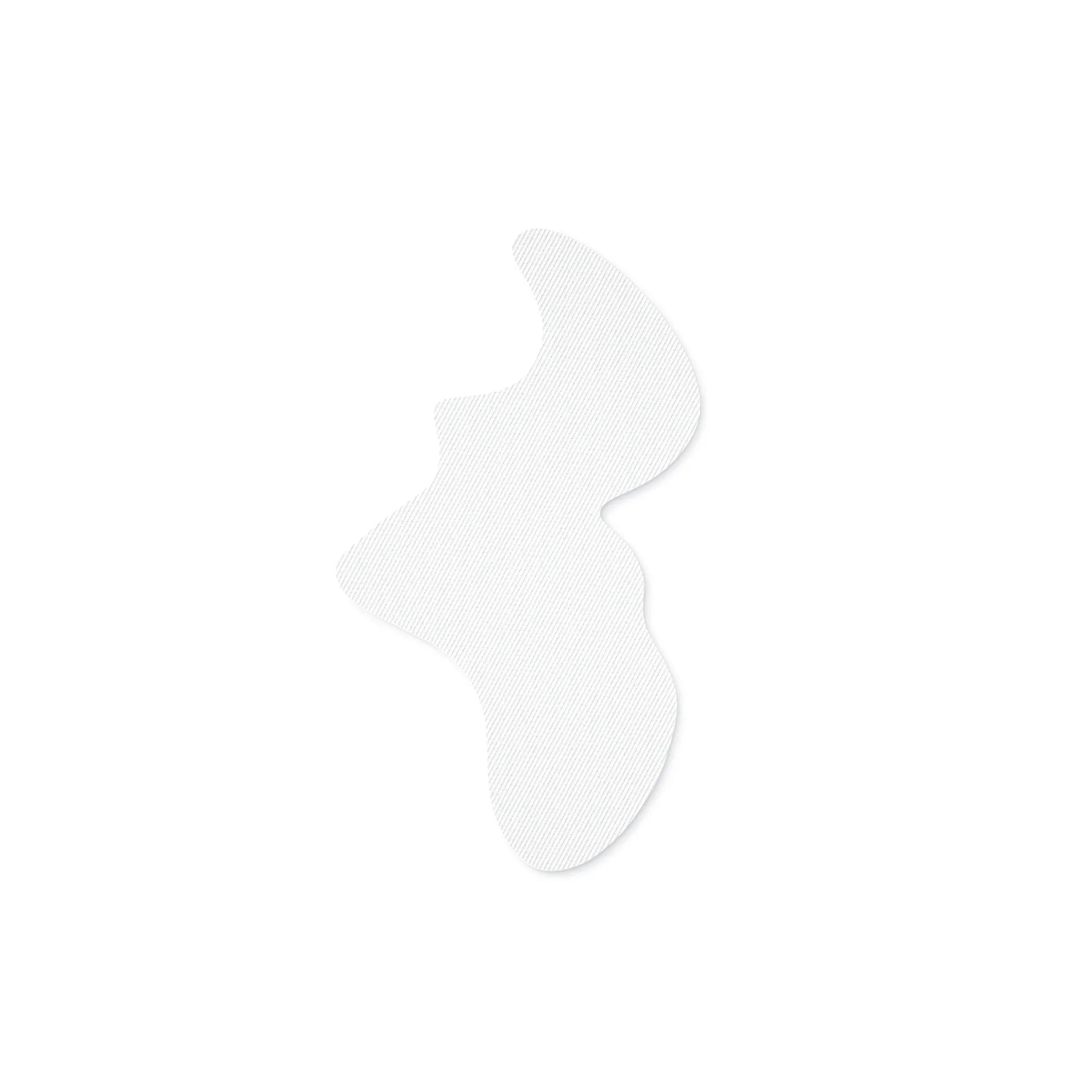
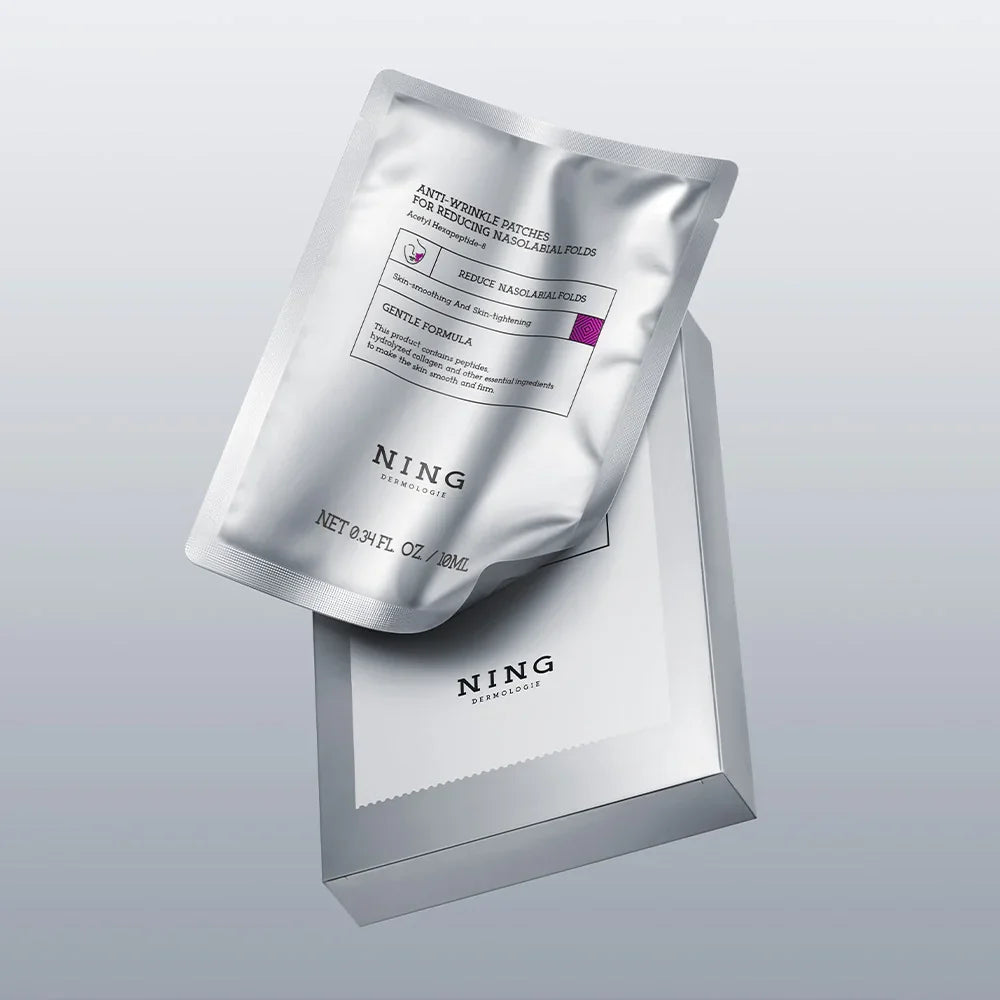
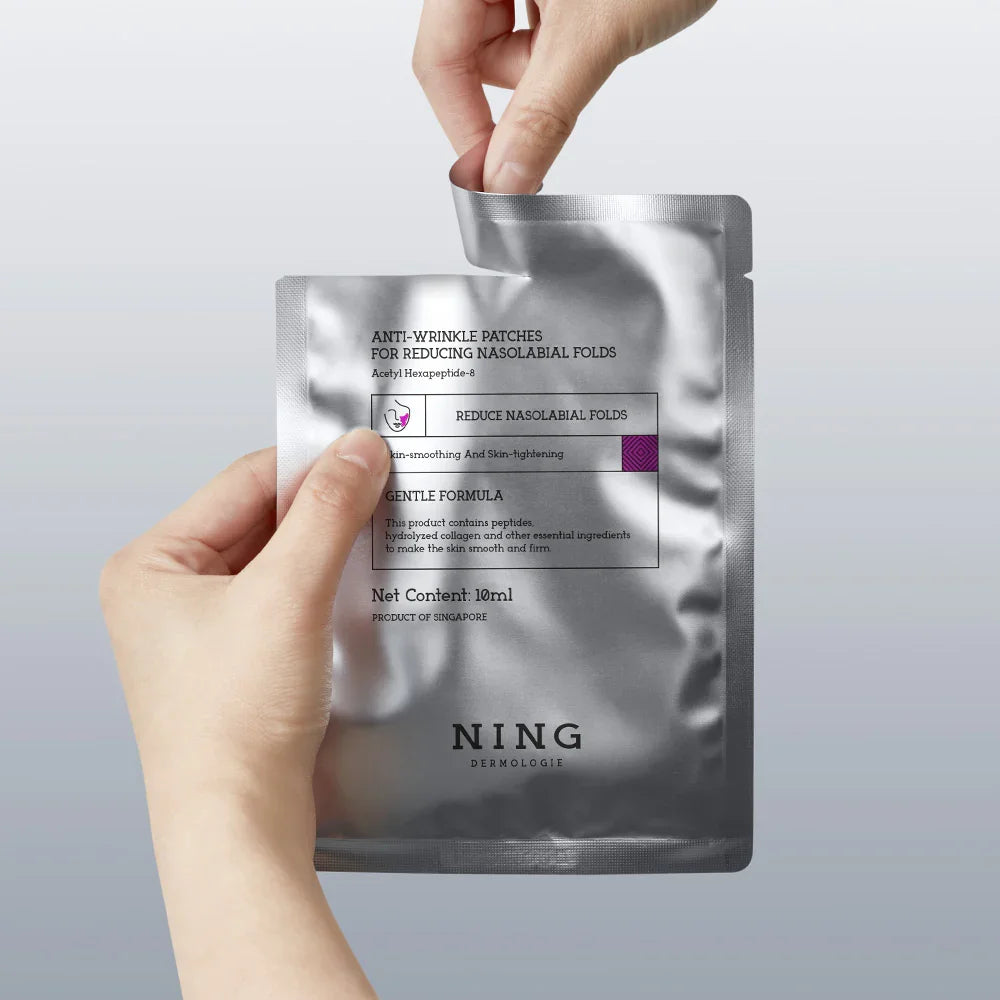
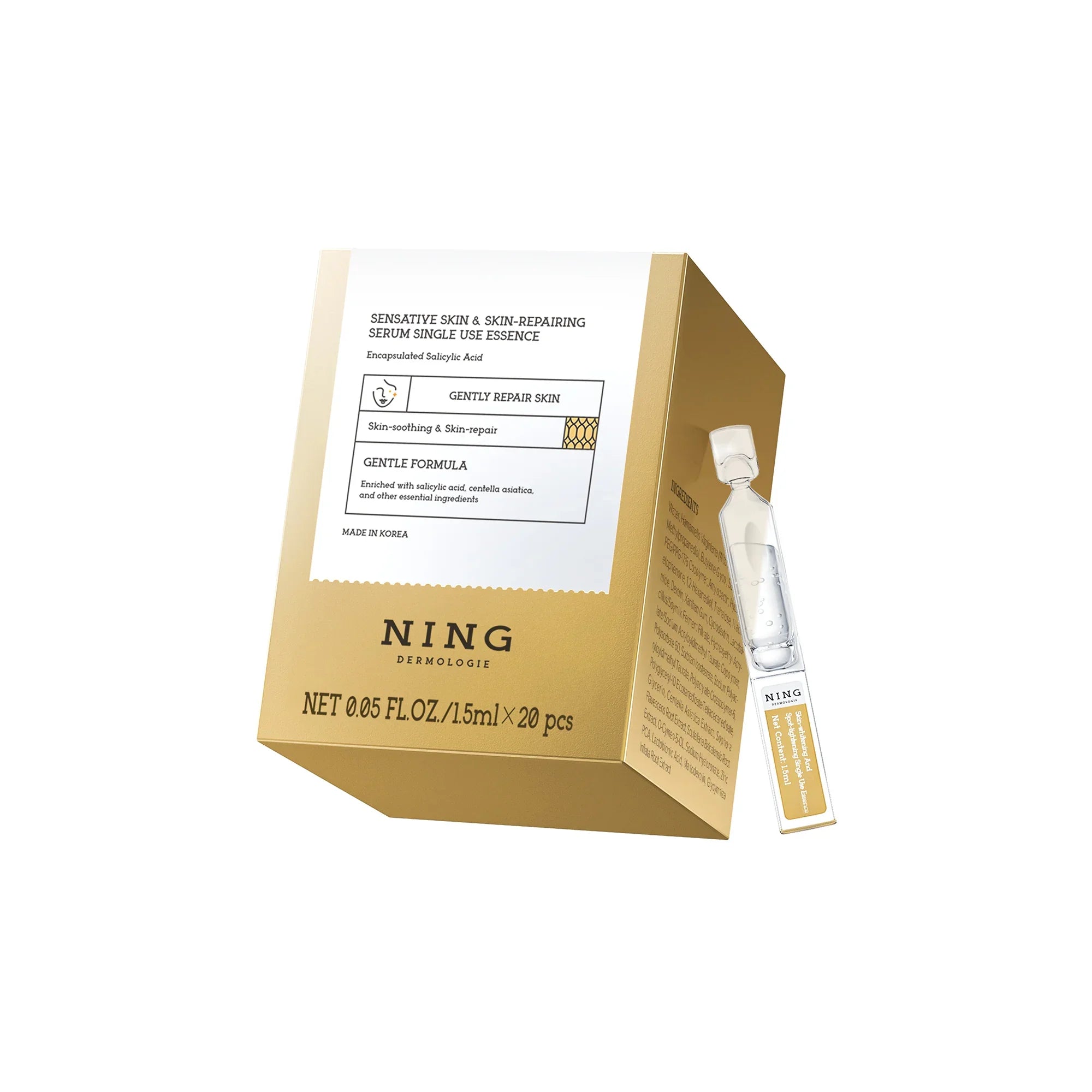
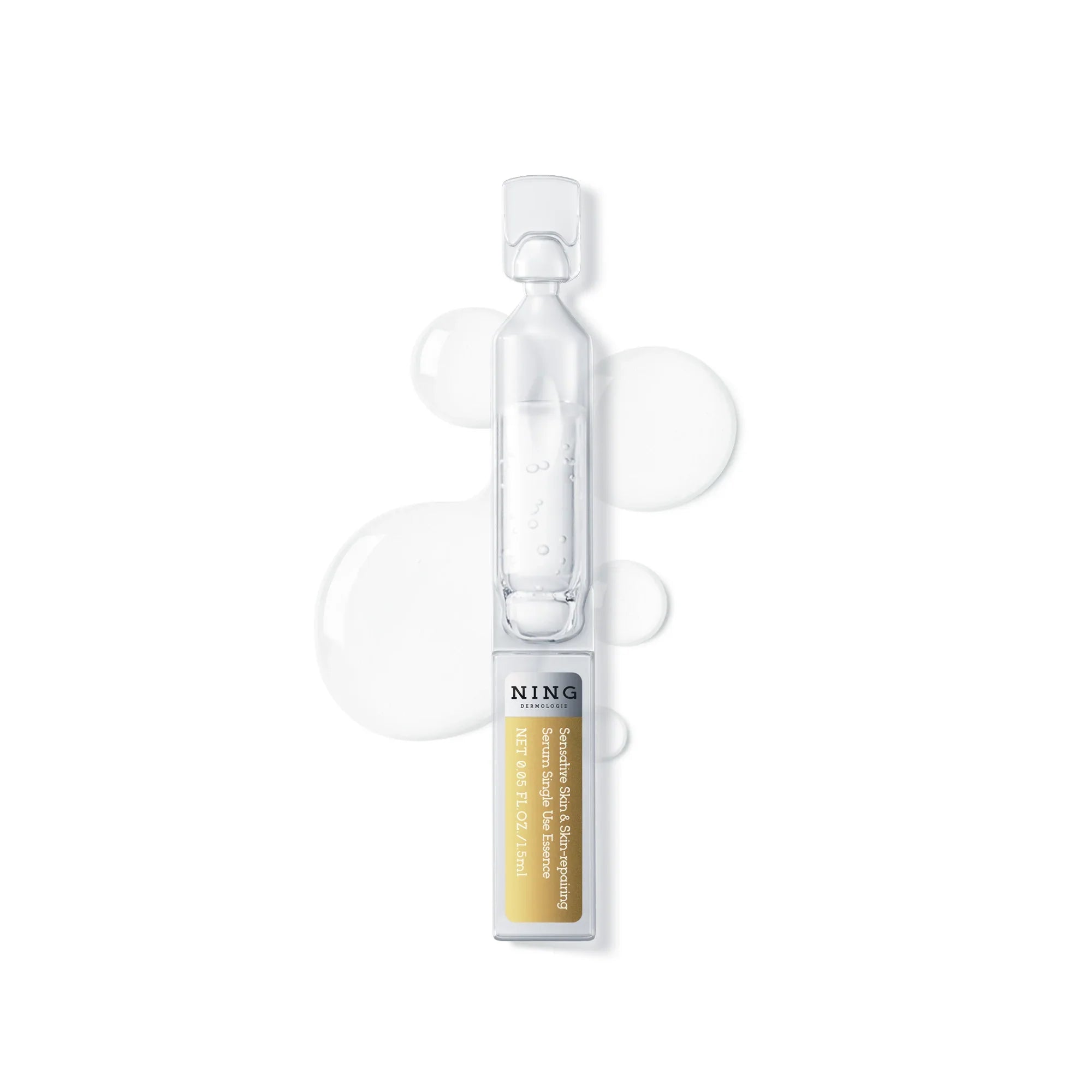
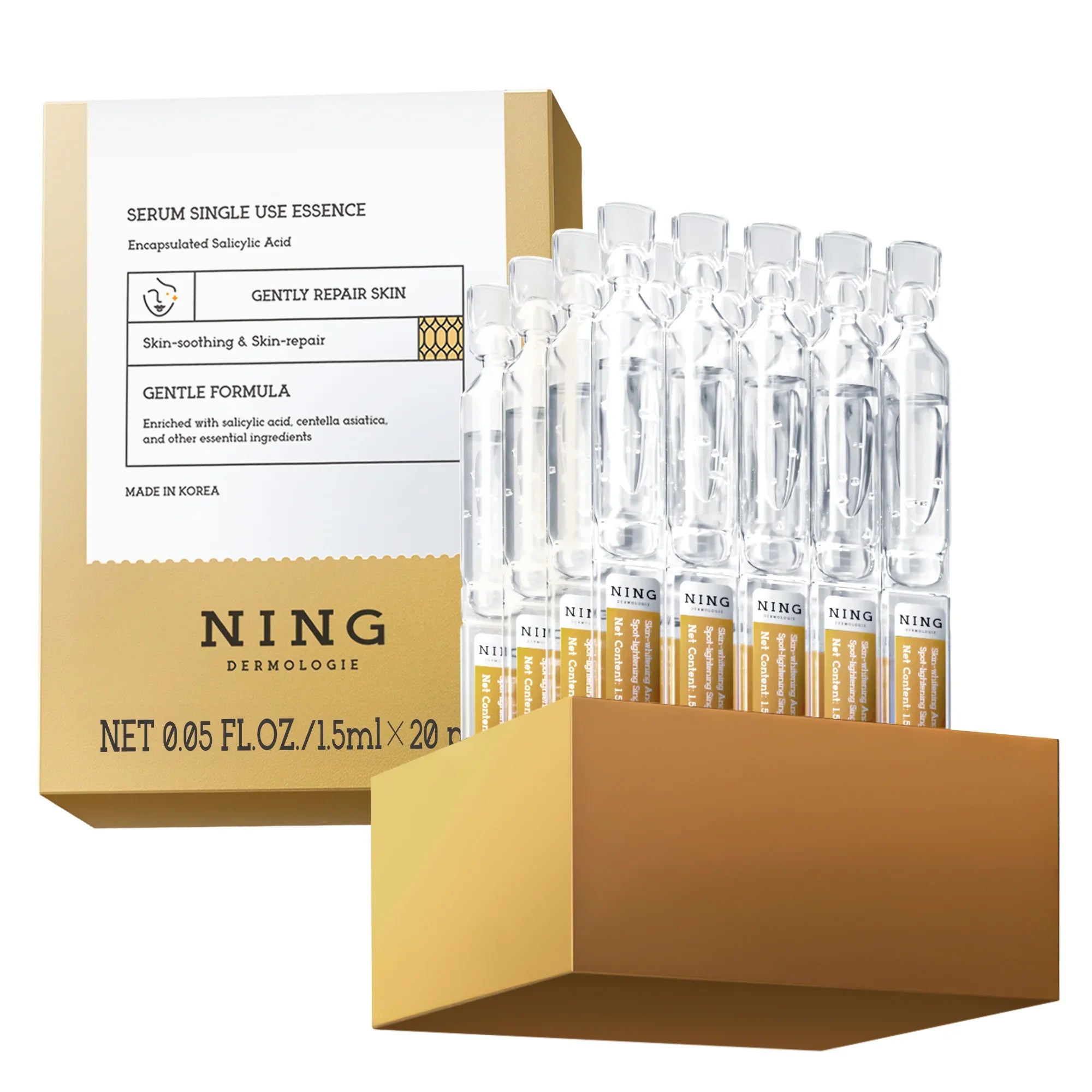
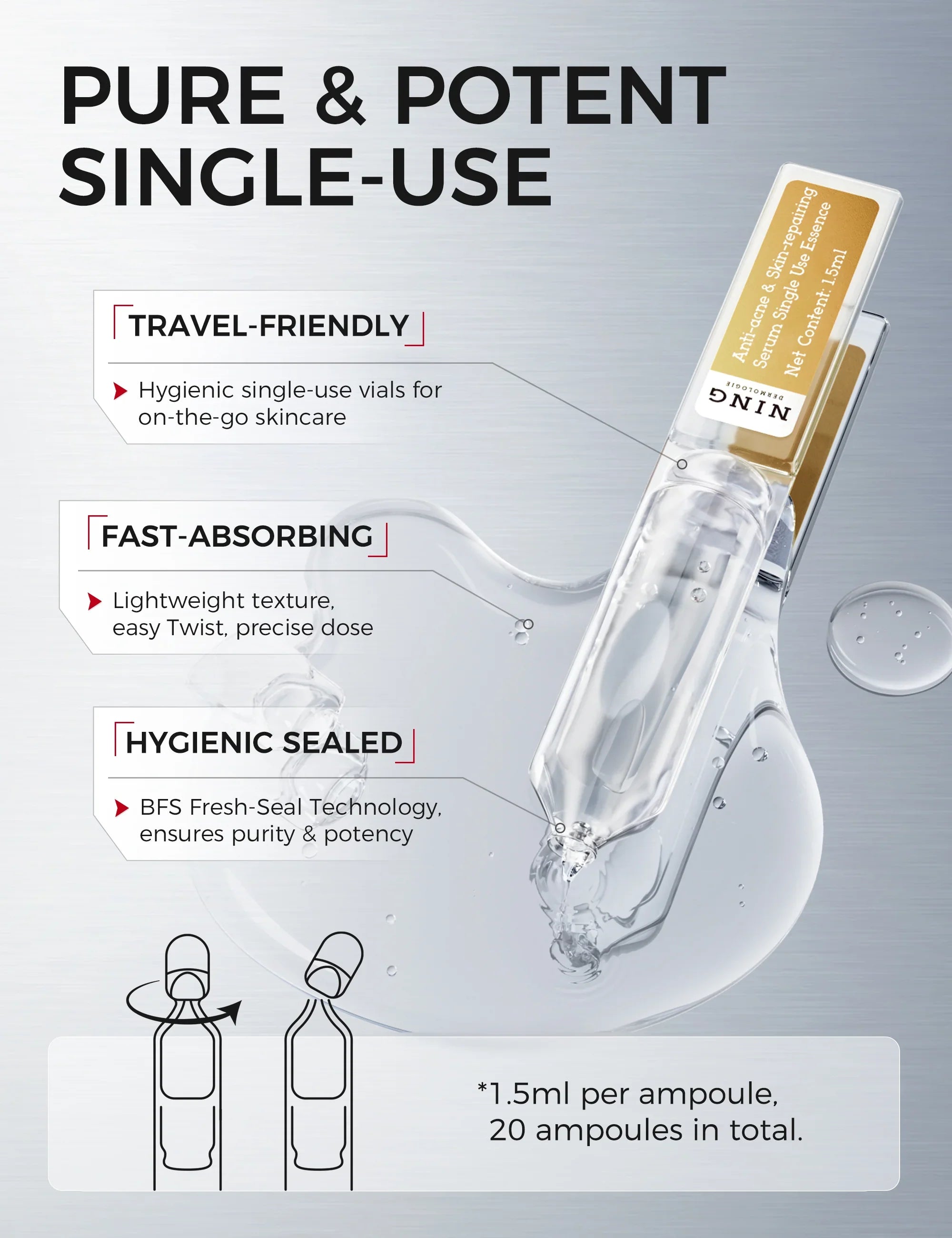
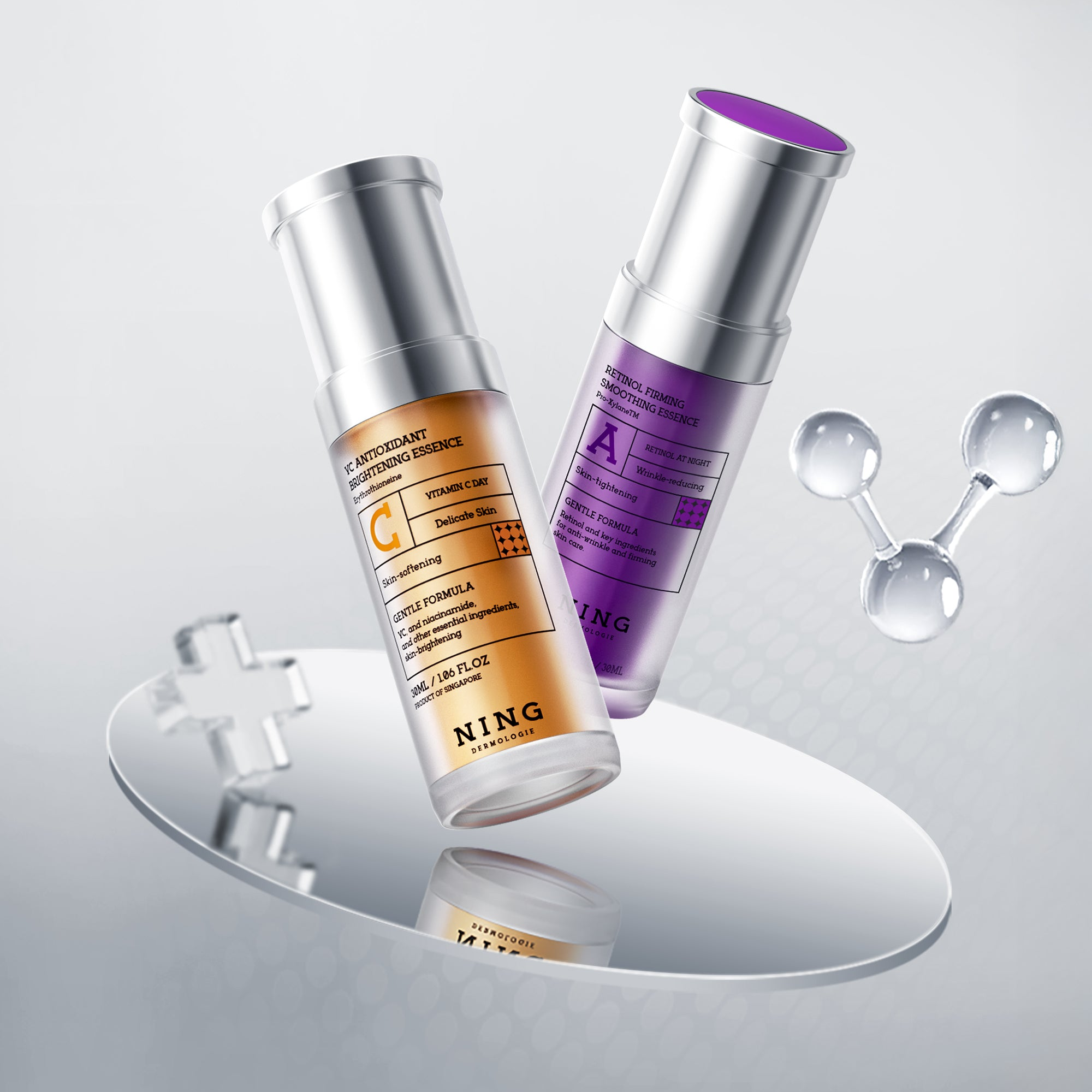
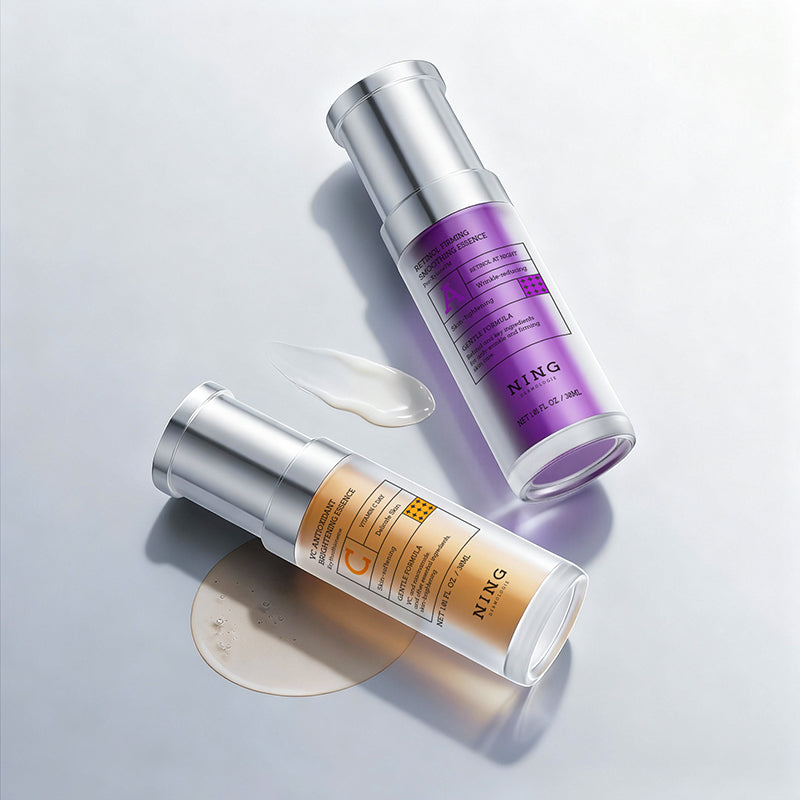




Share:
I Basically Fried My Face, So You Don’t Have To: A Real-Talk Guide to Peeling Solutions
Why Are My Eyelids So Angry? A Real Talk About Skin Conditions Around the Eyes